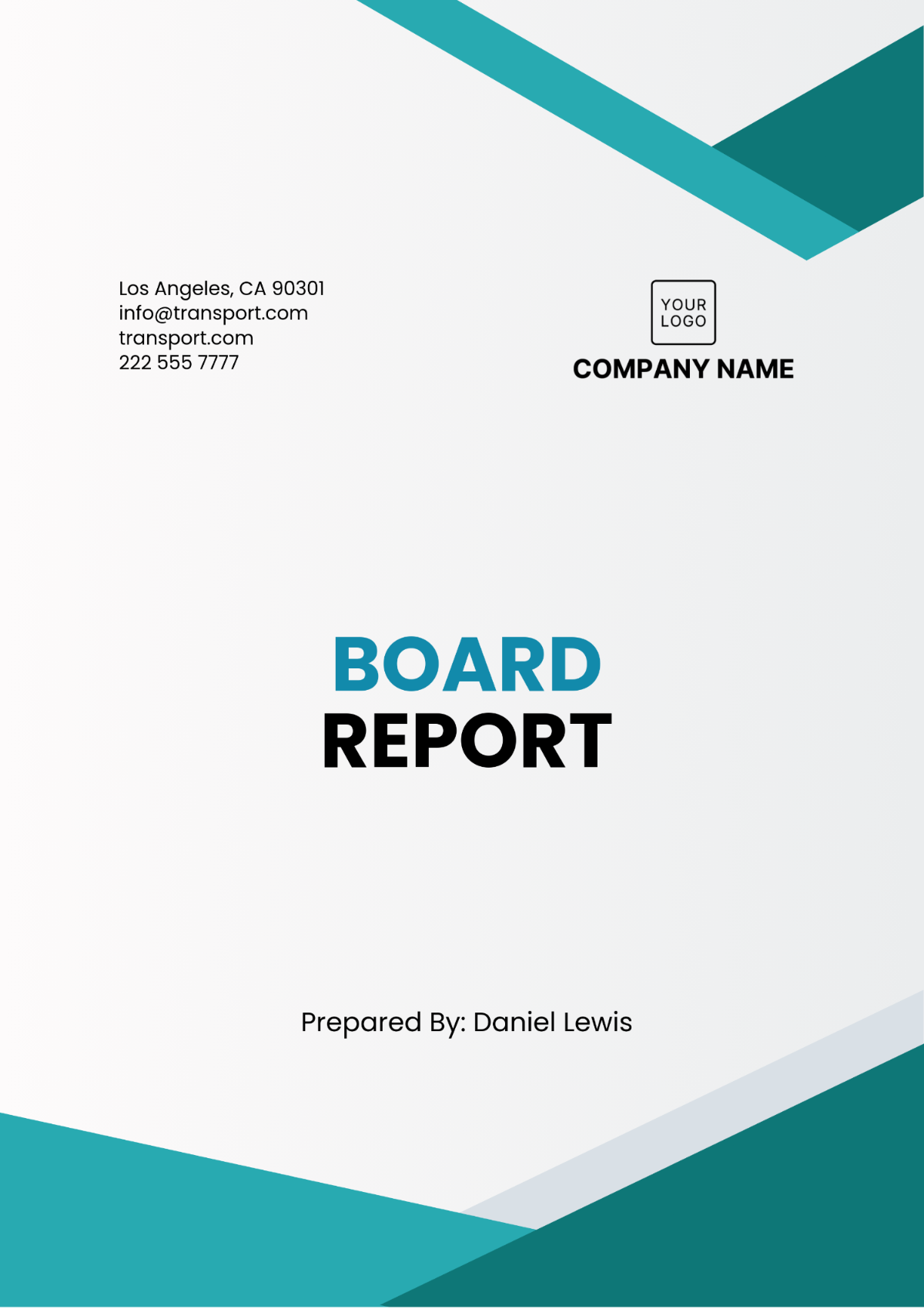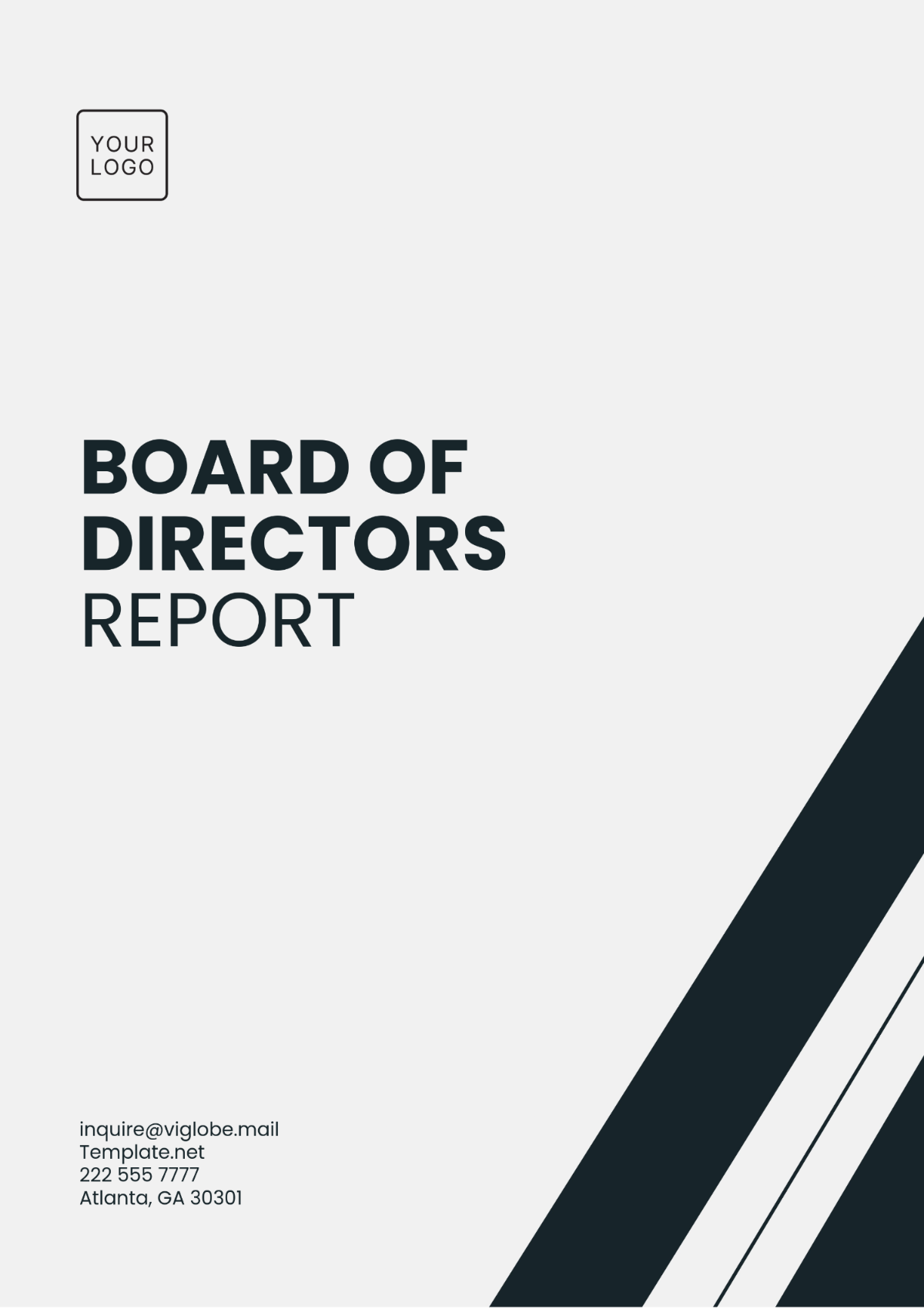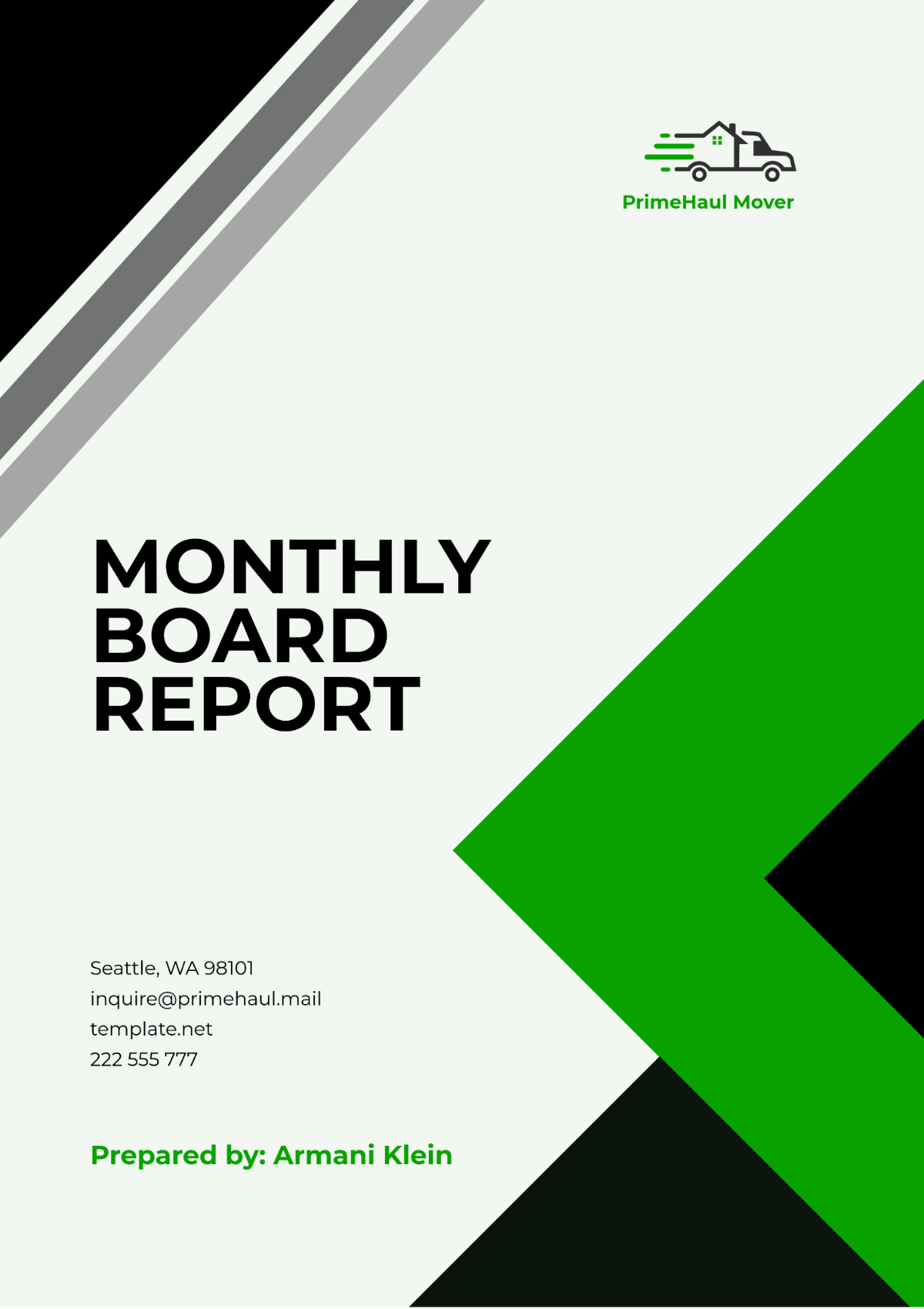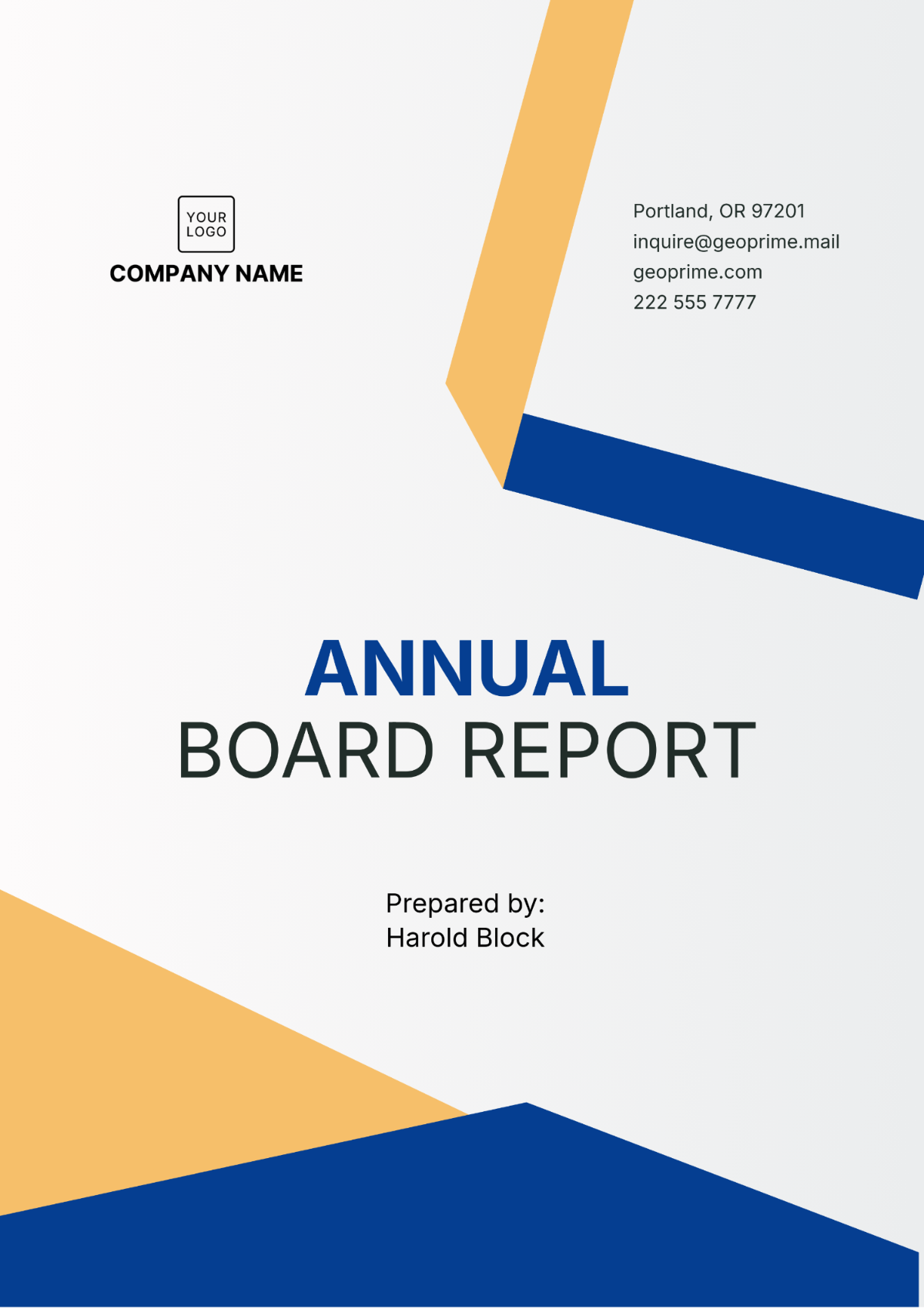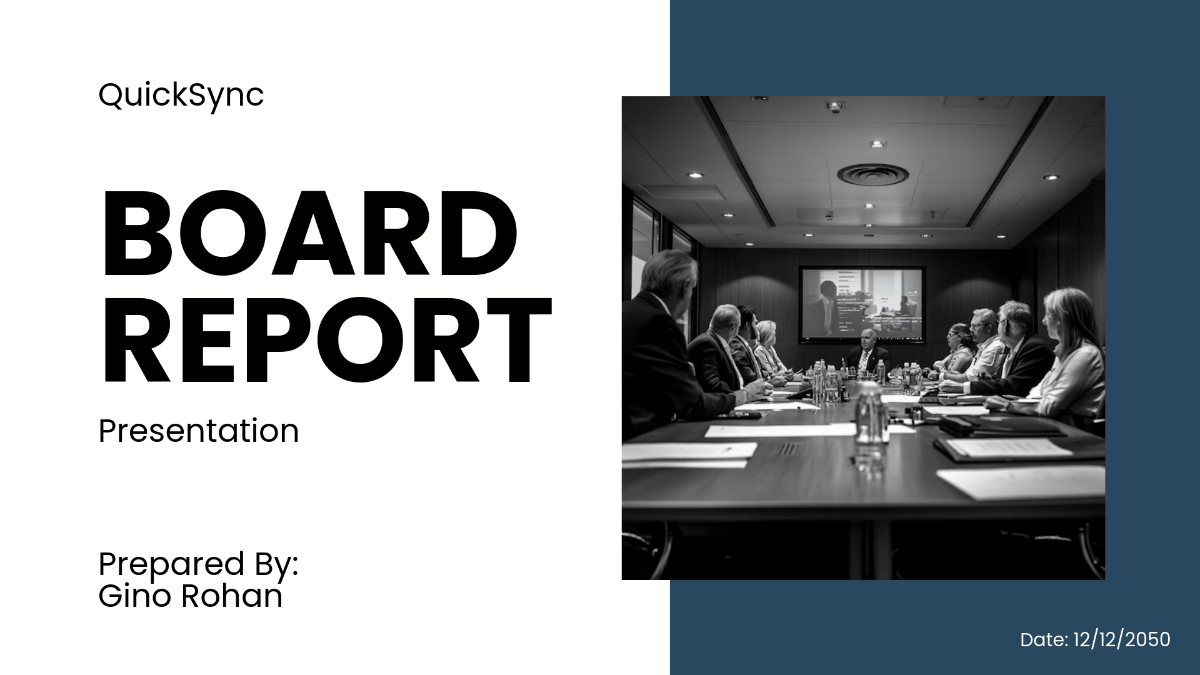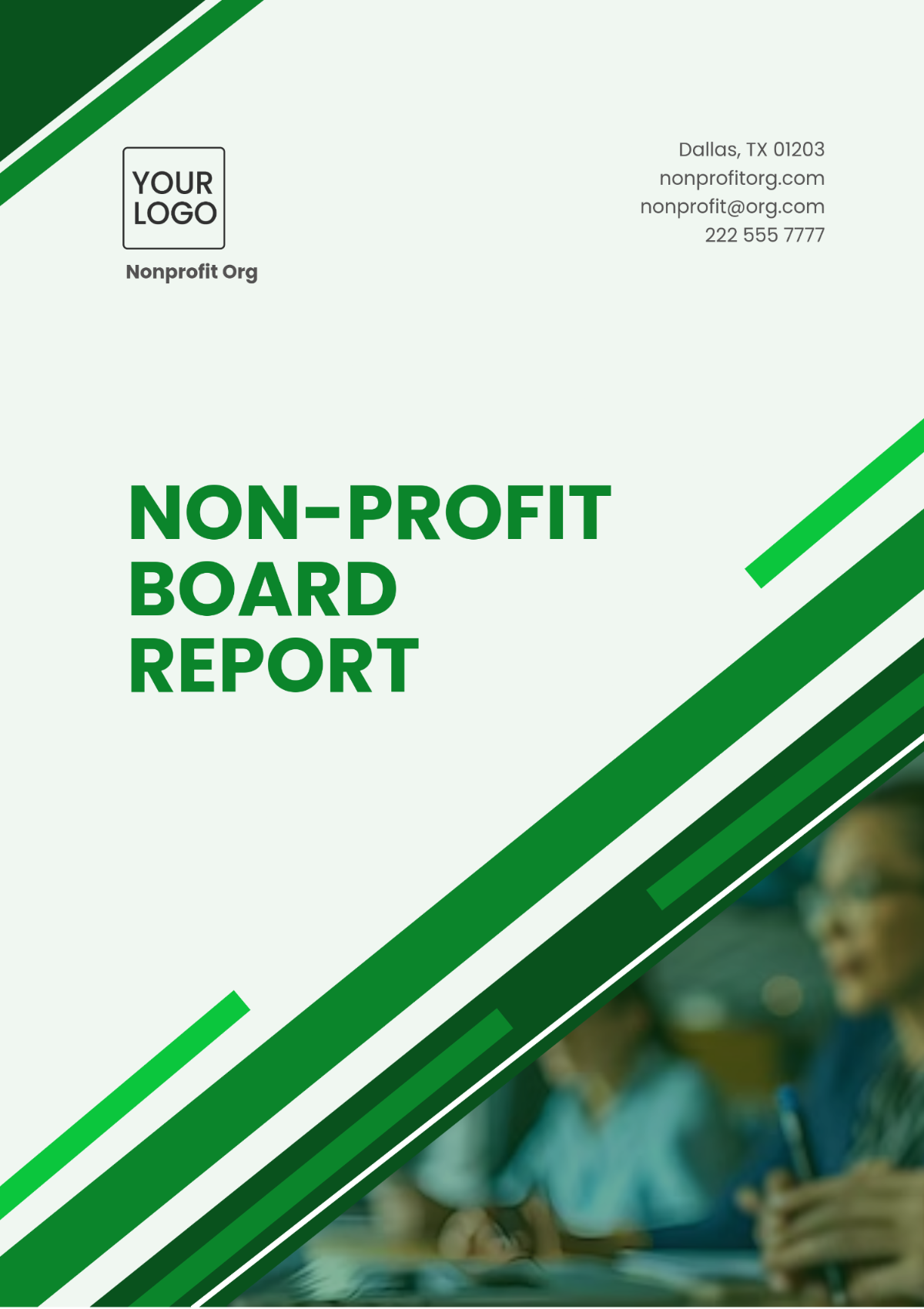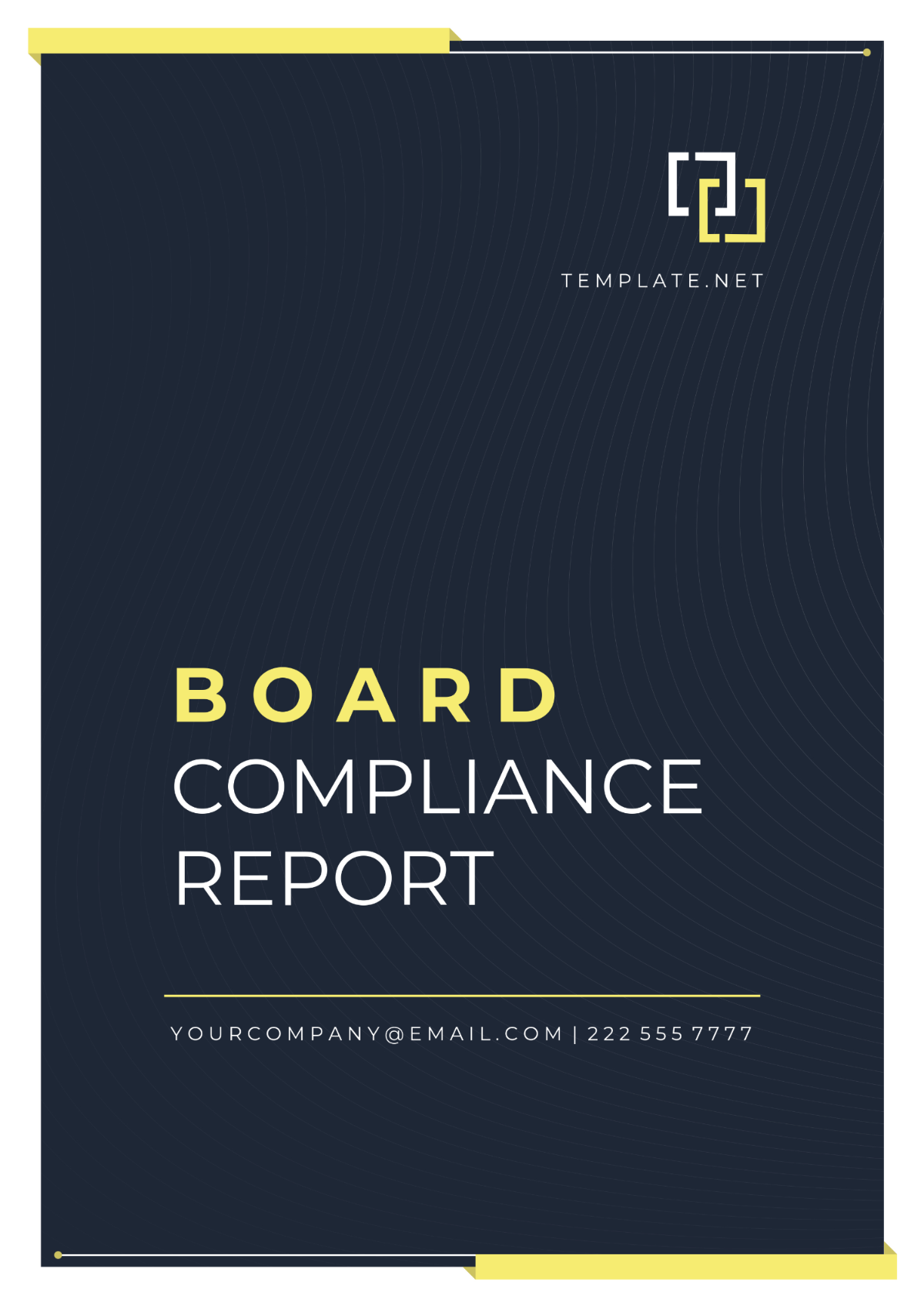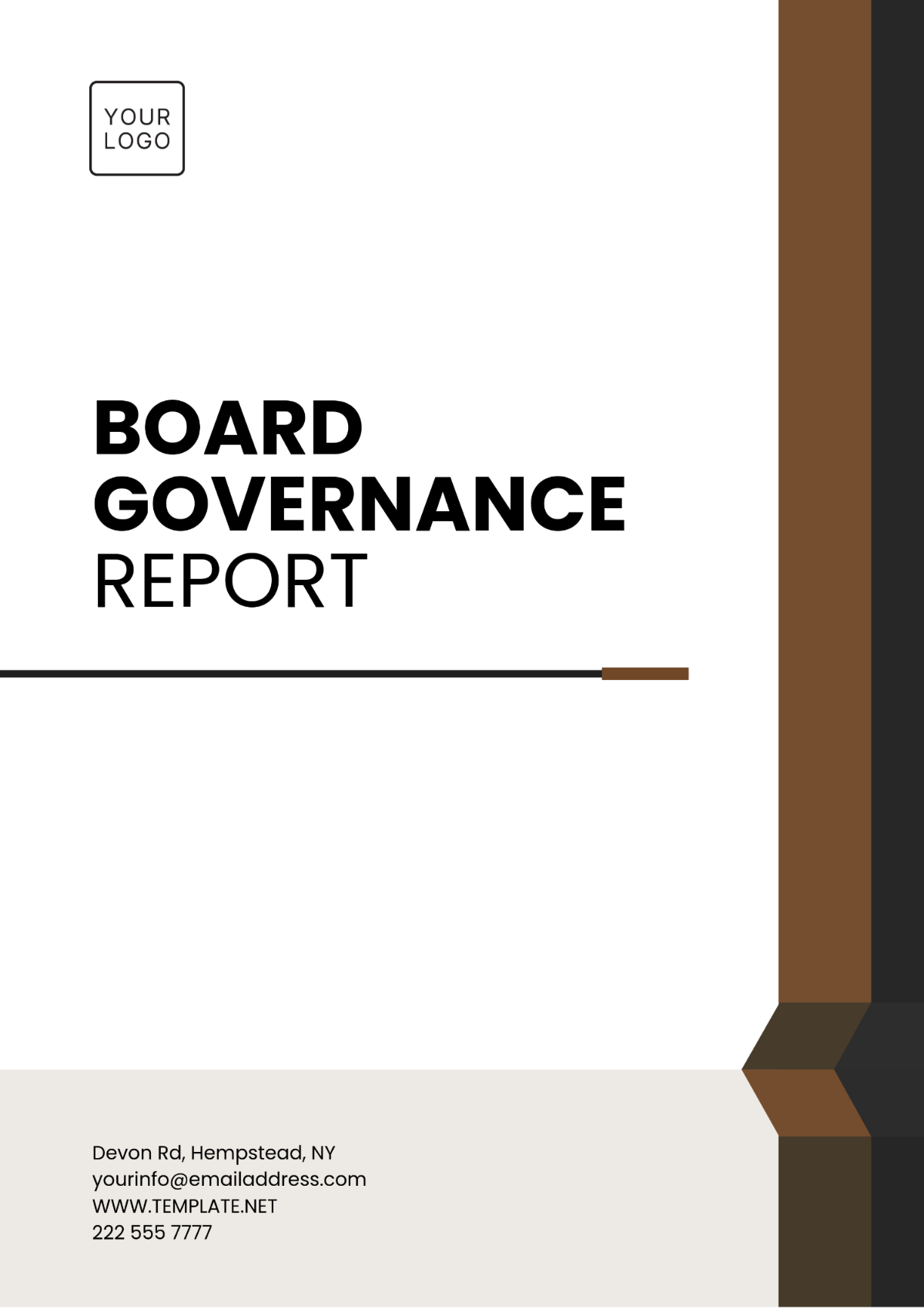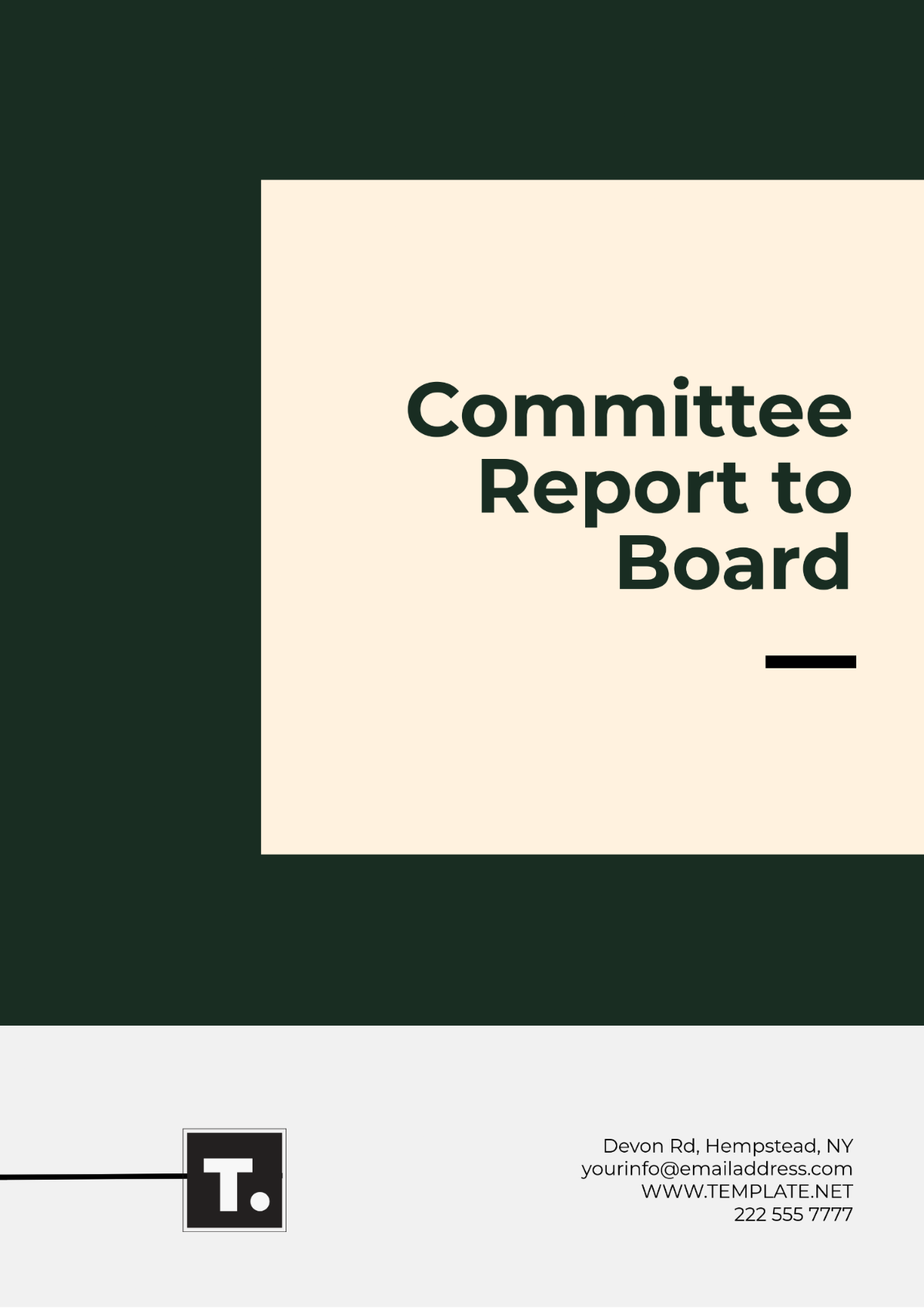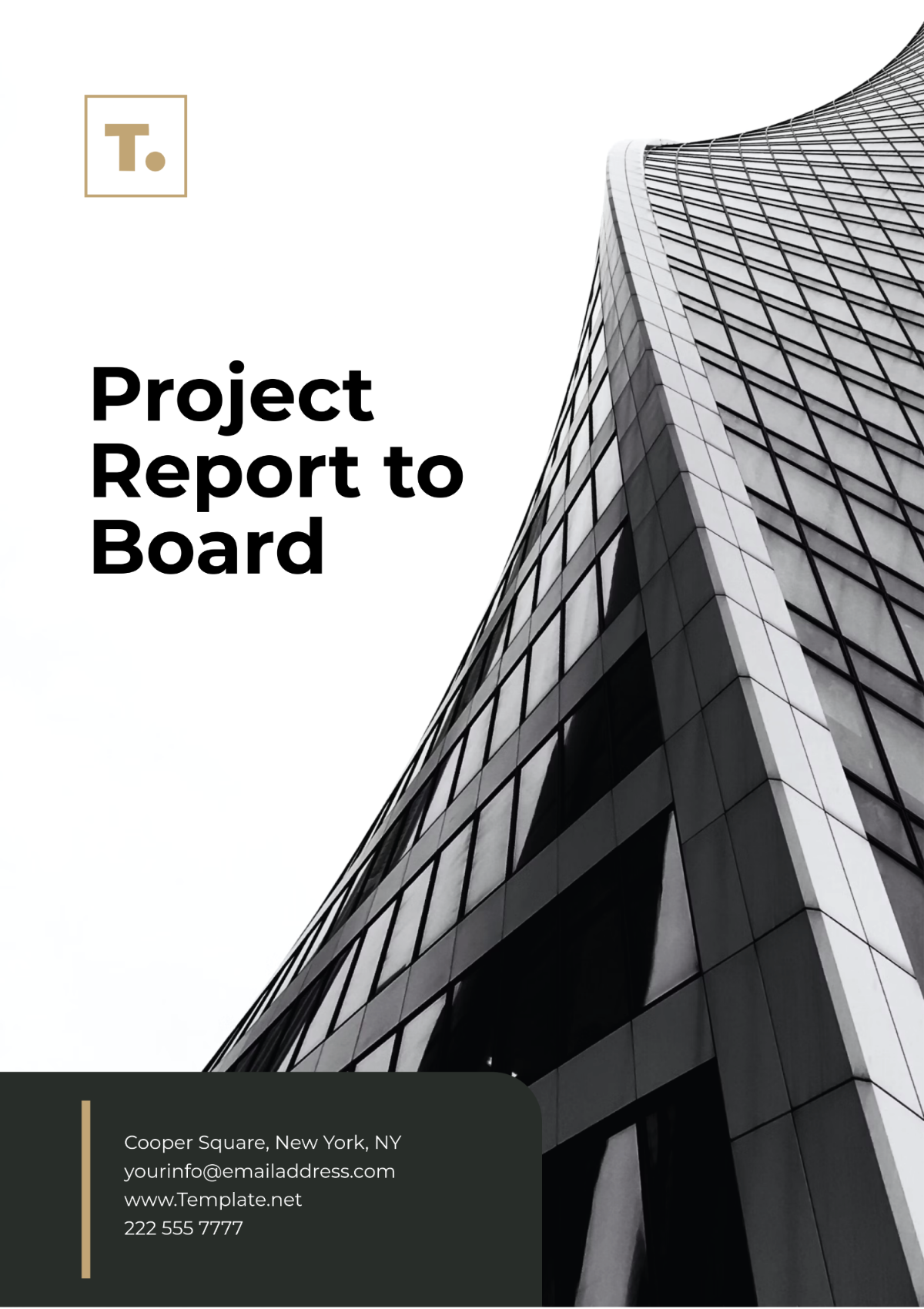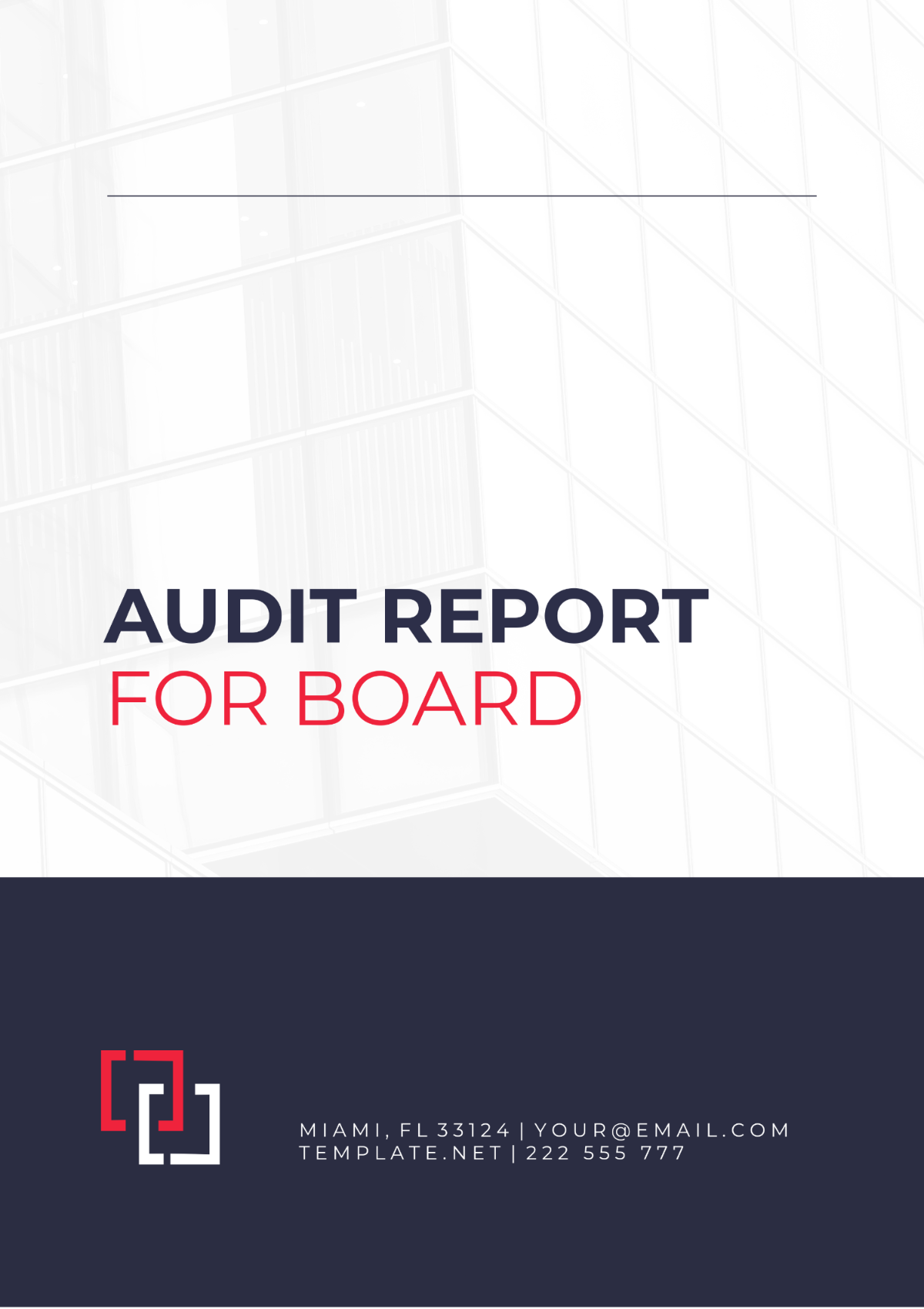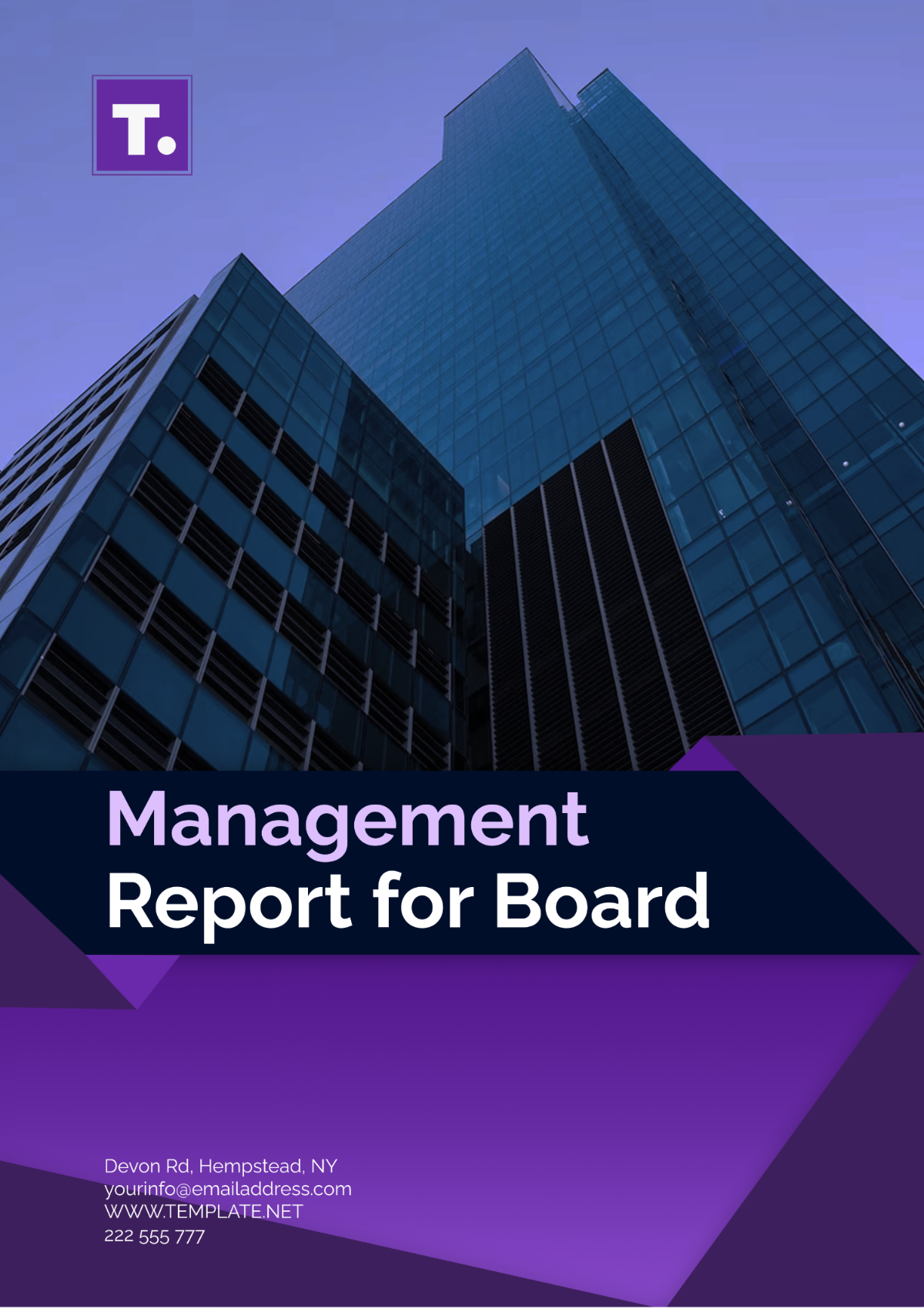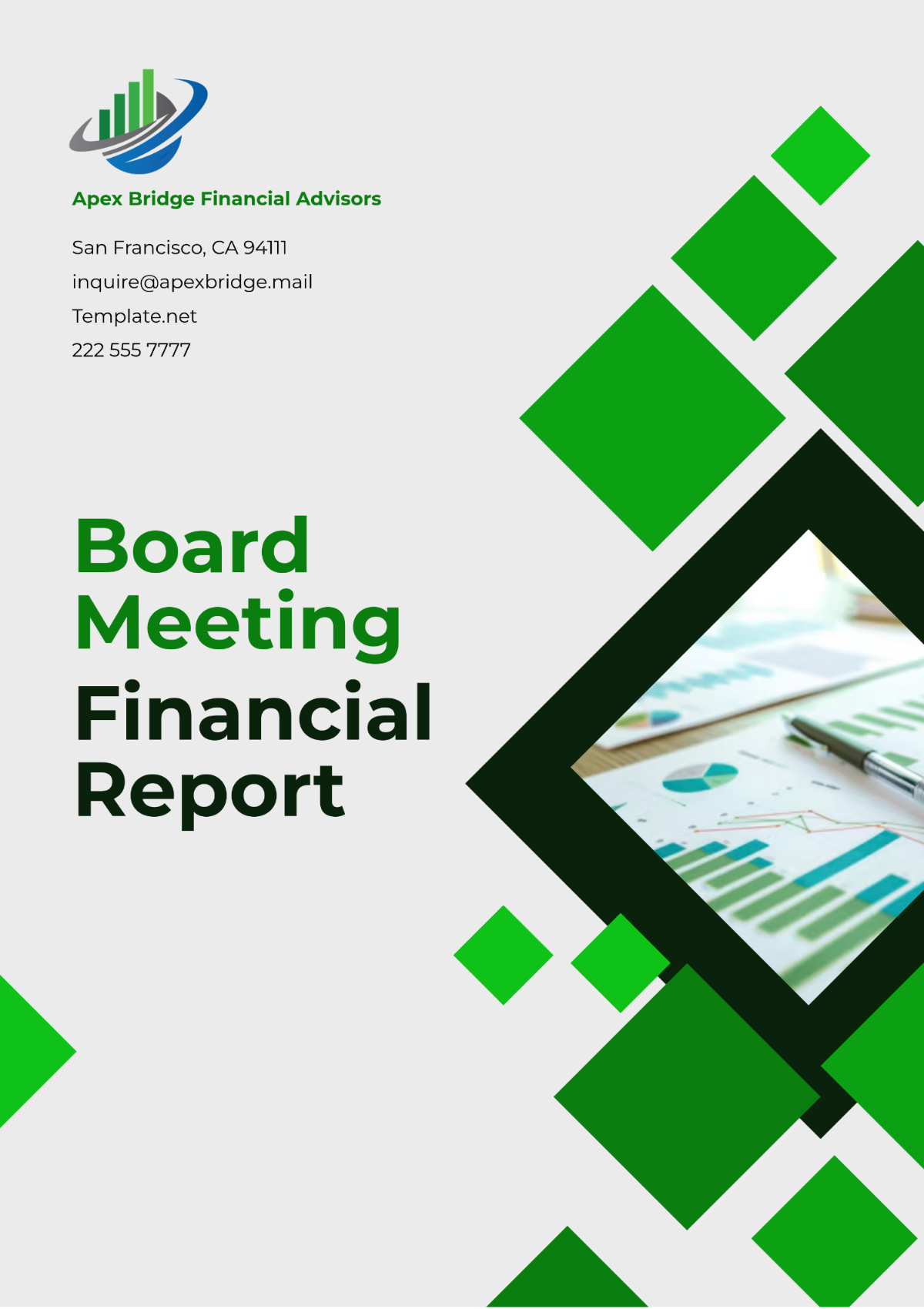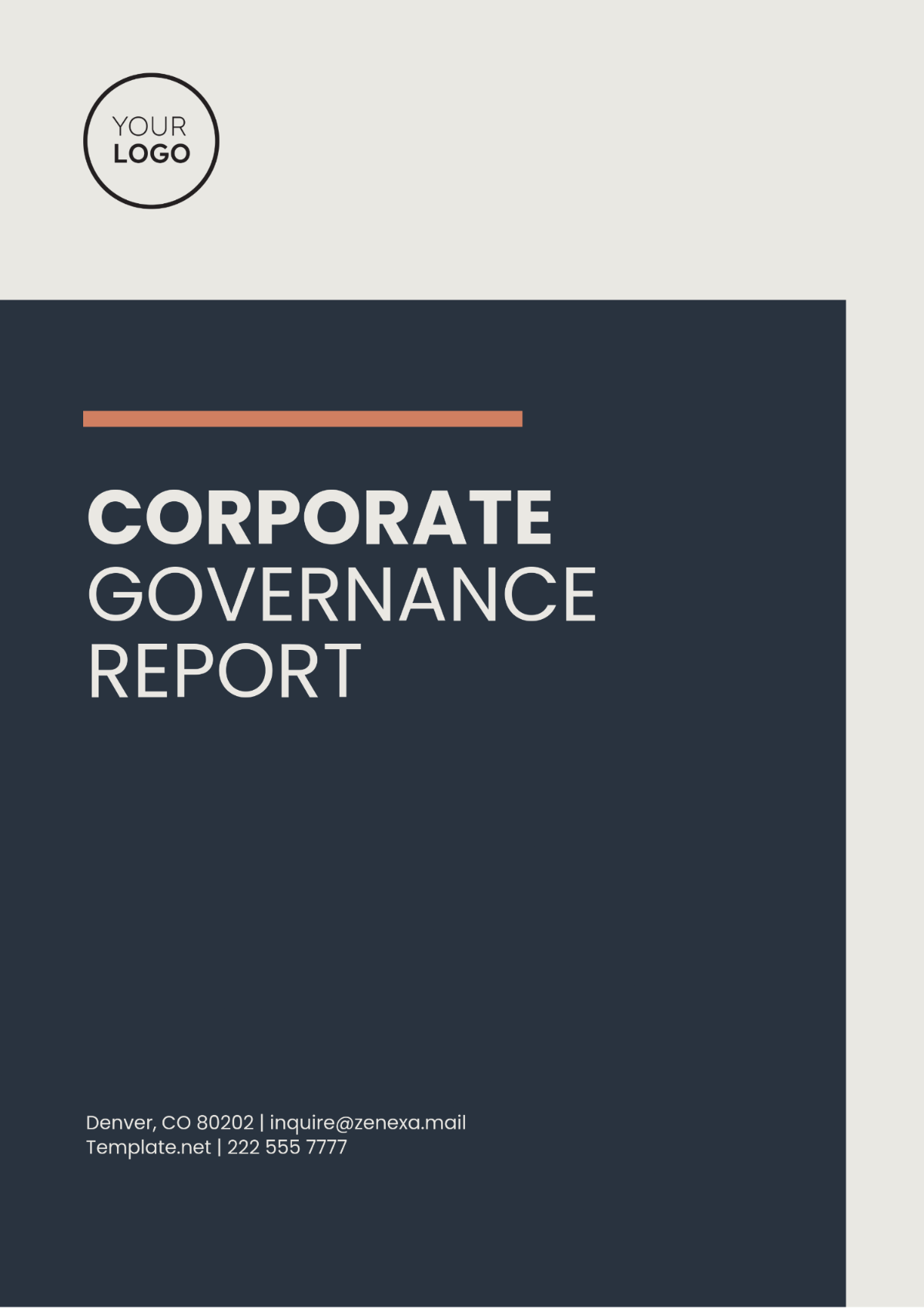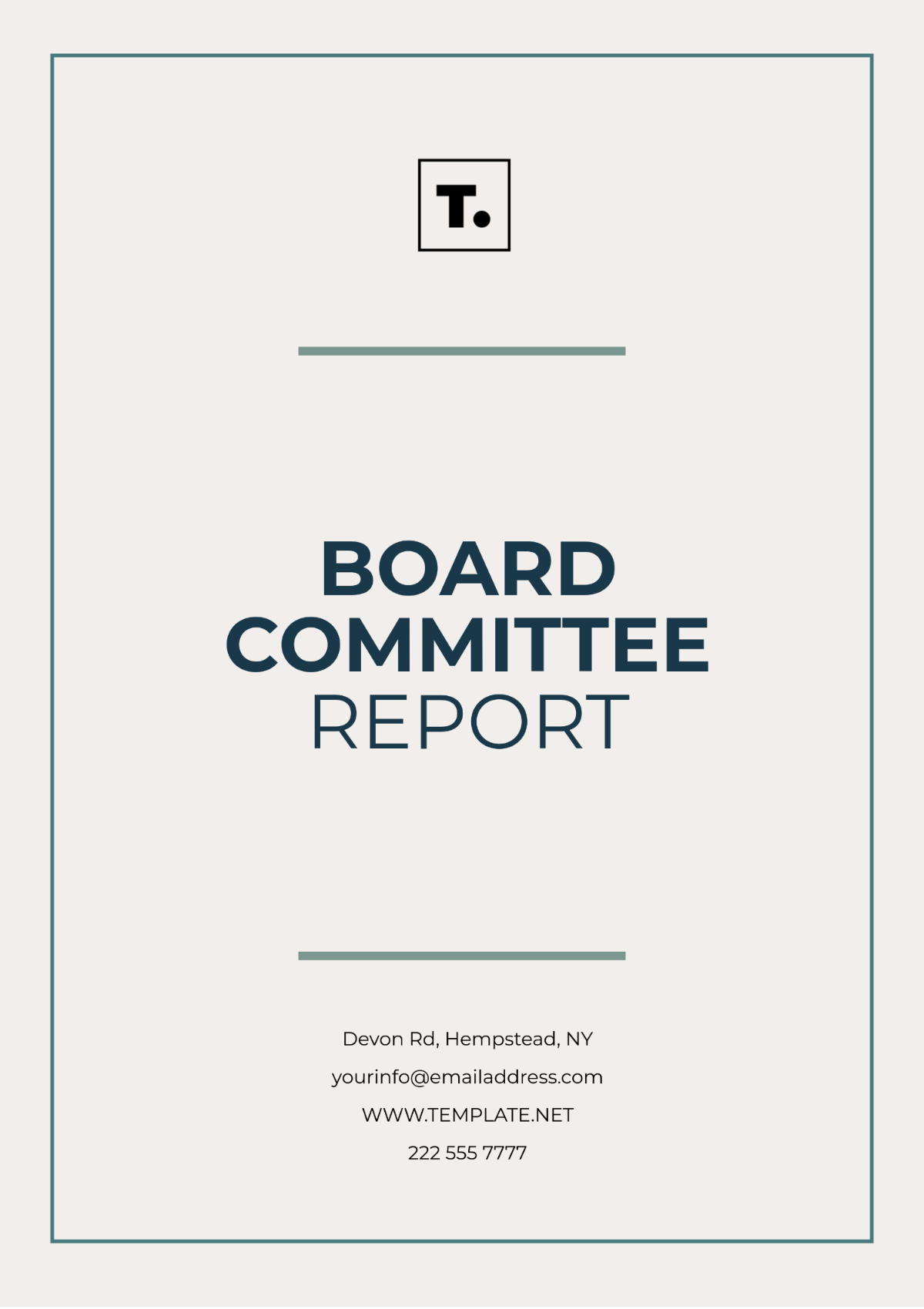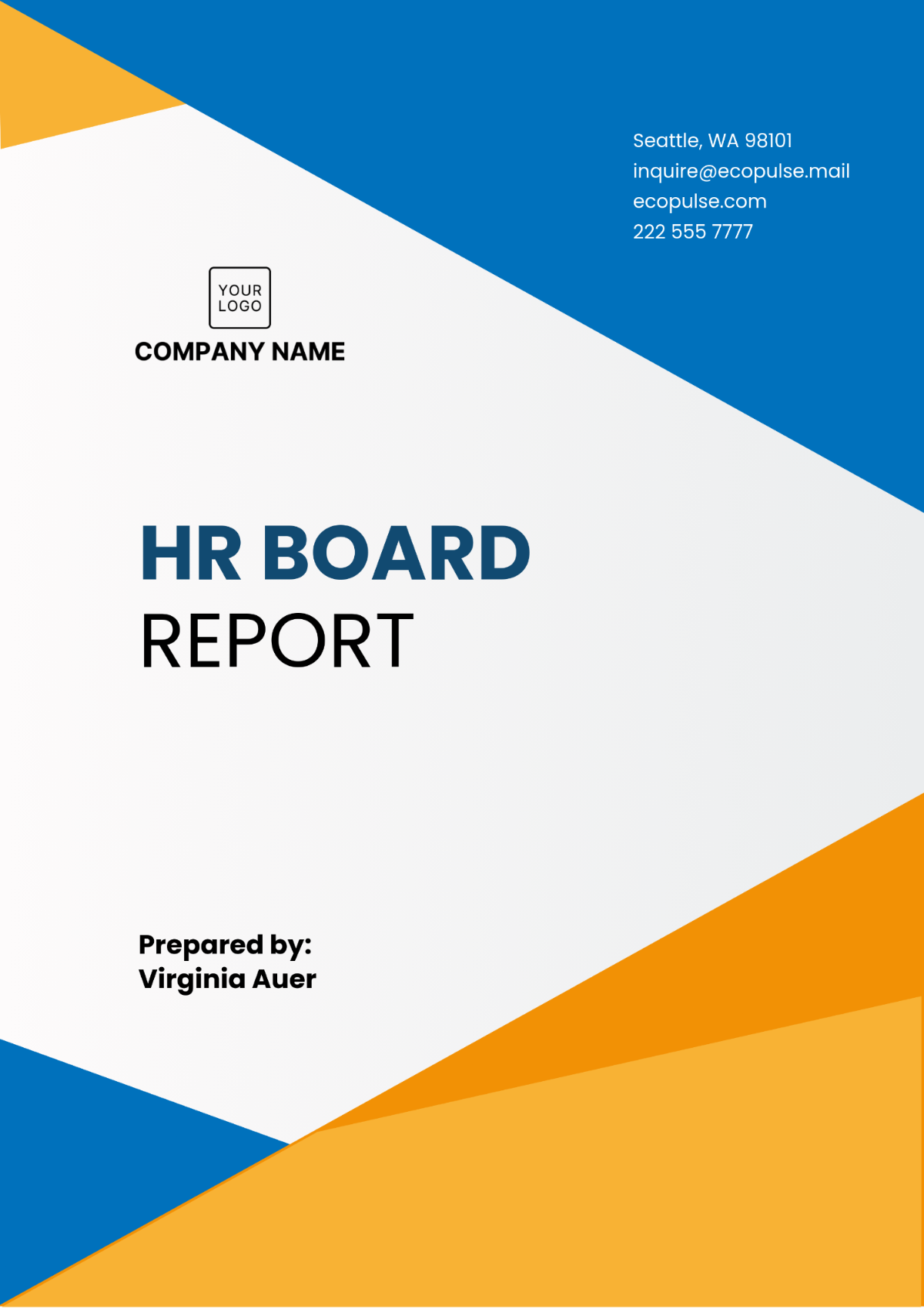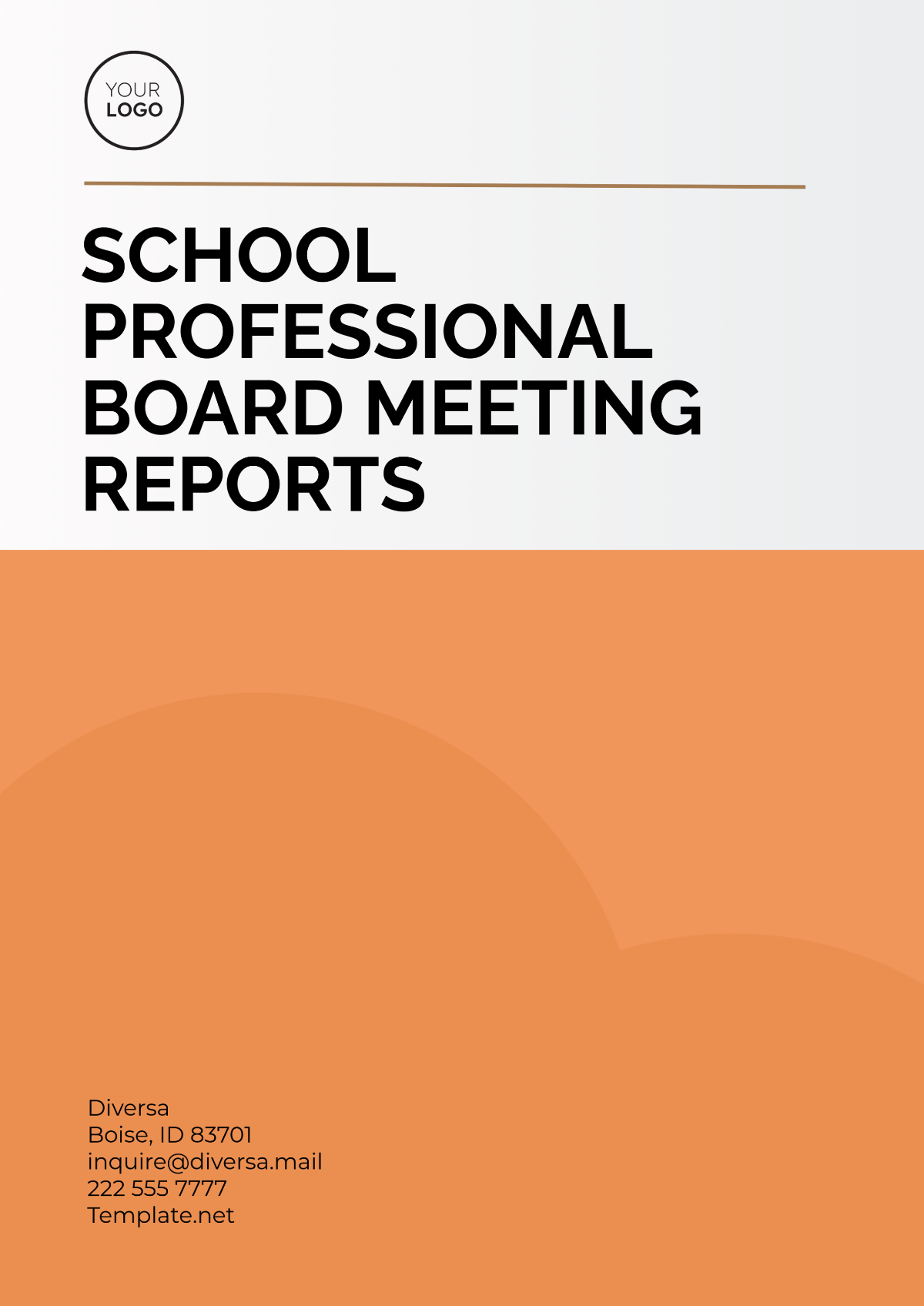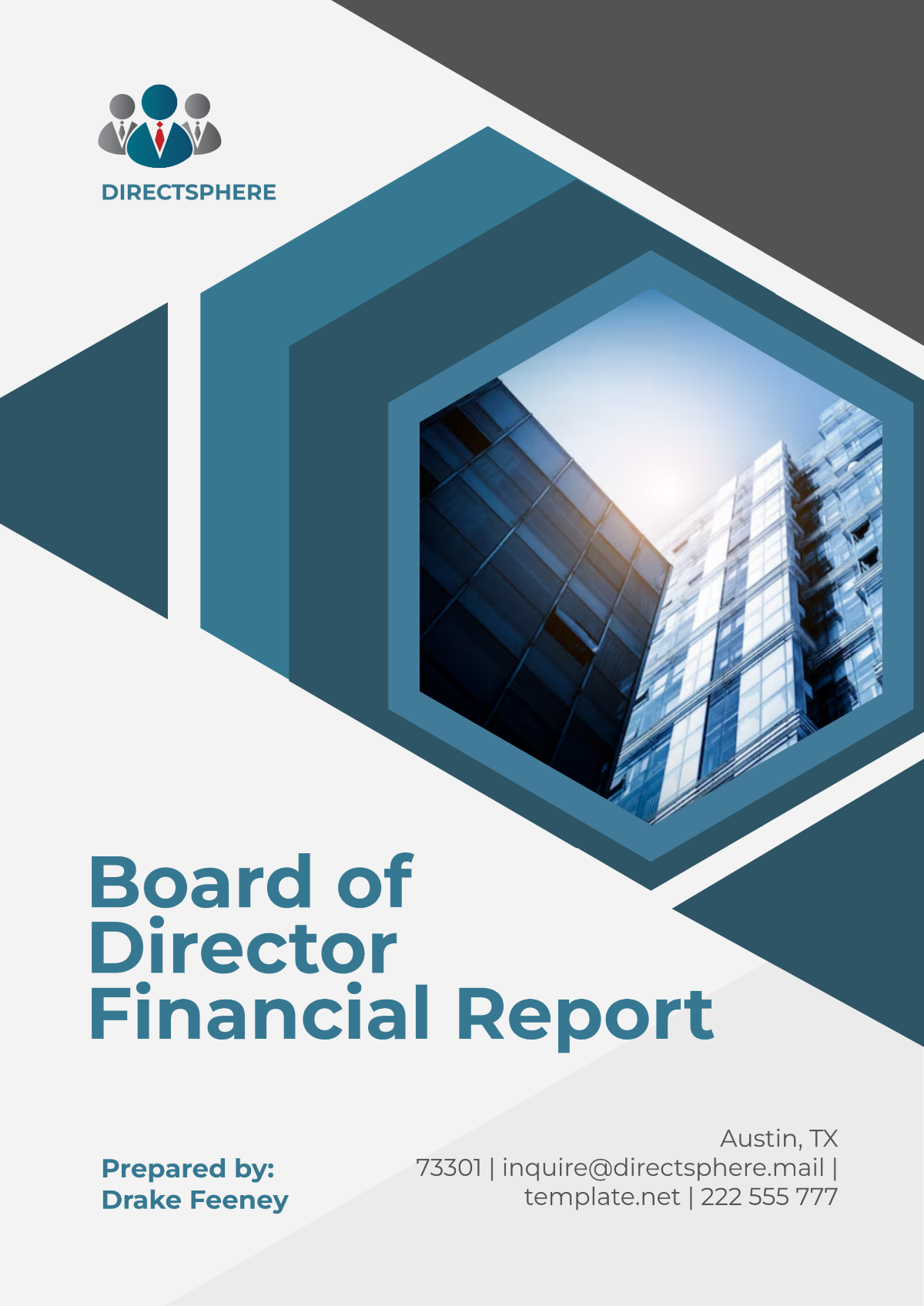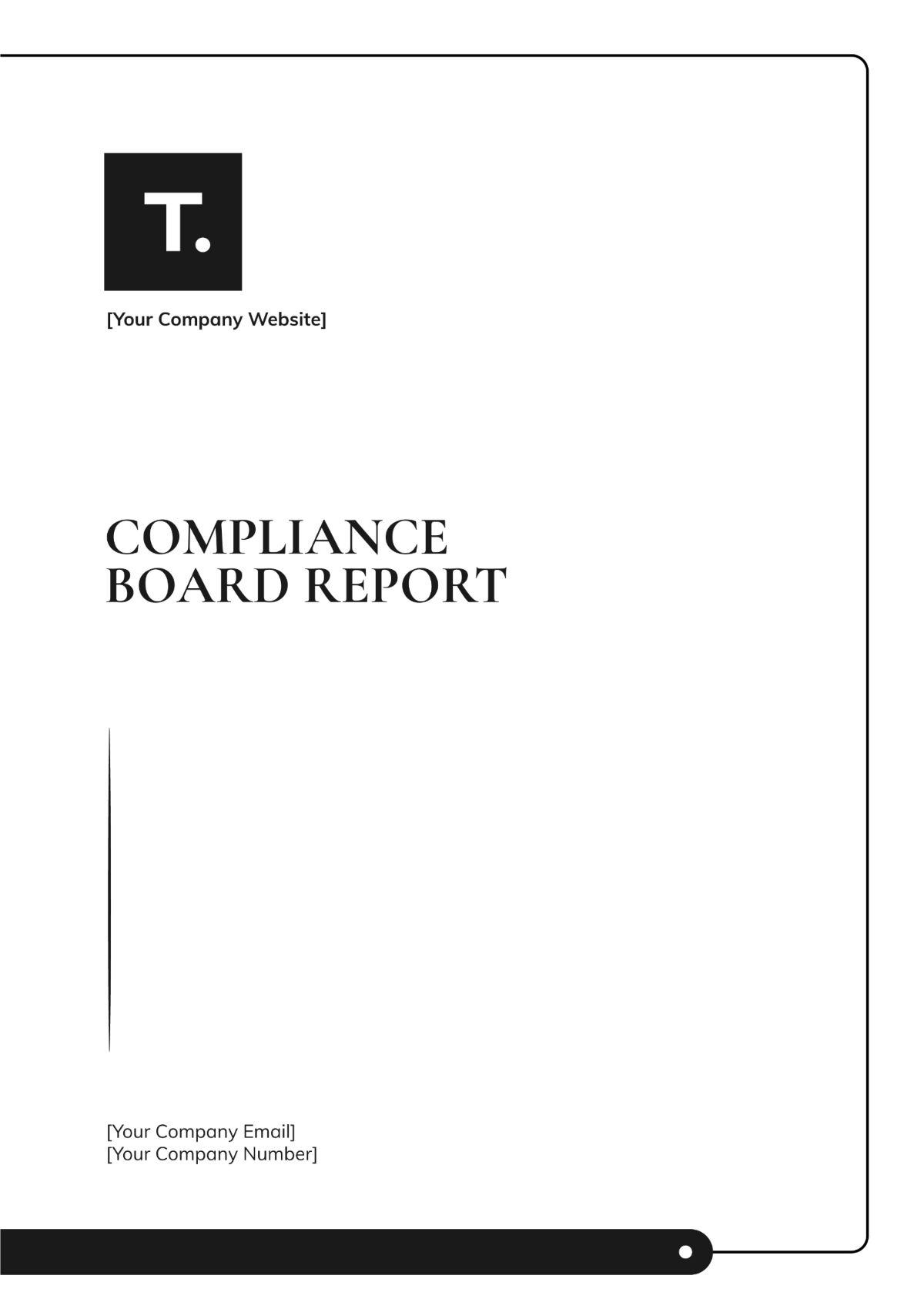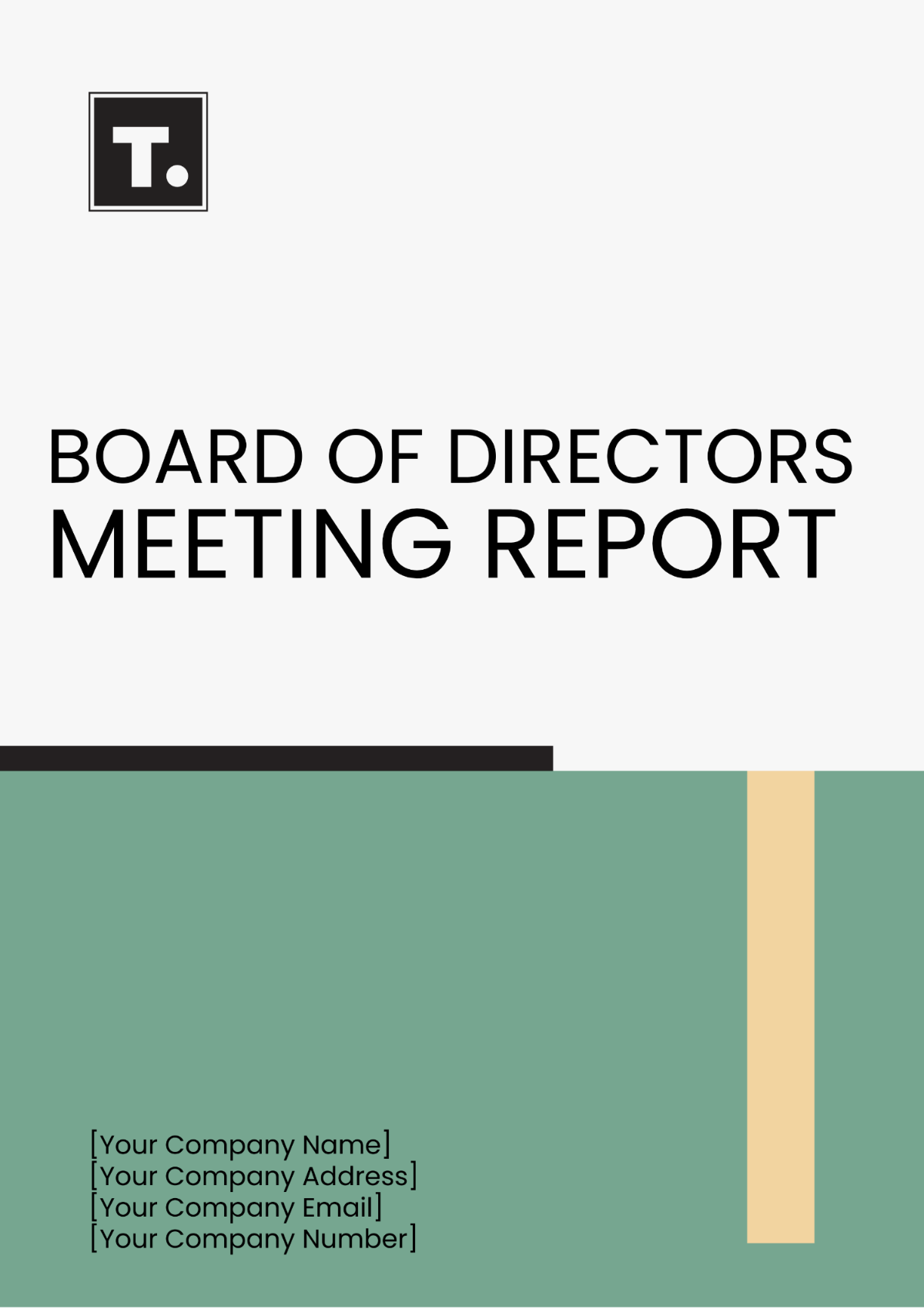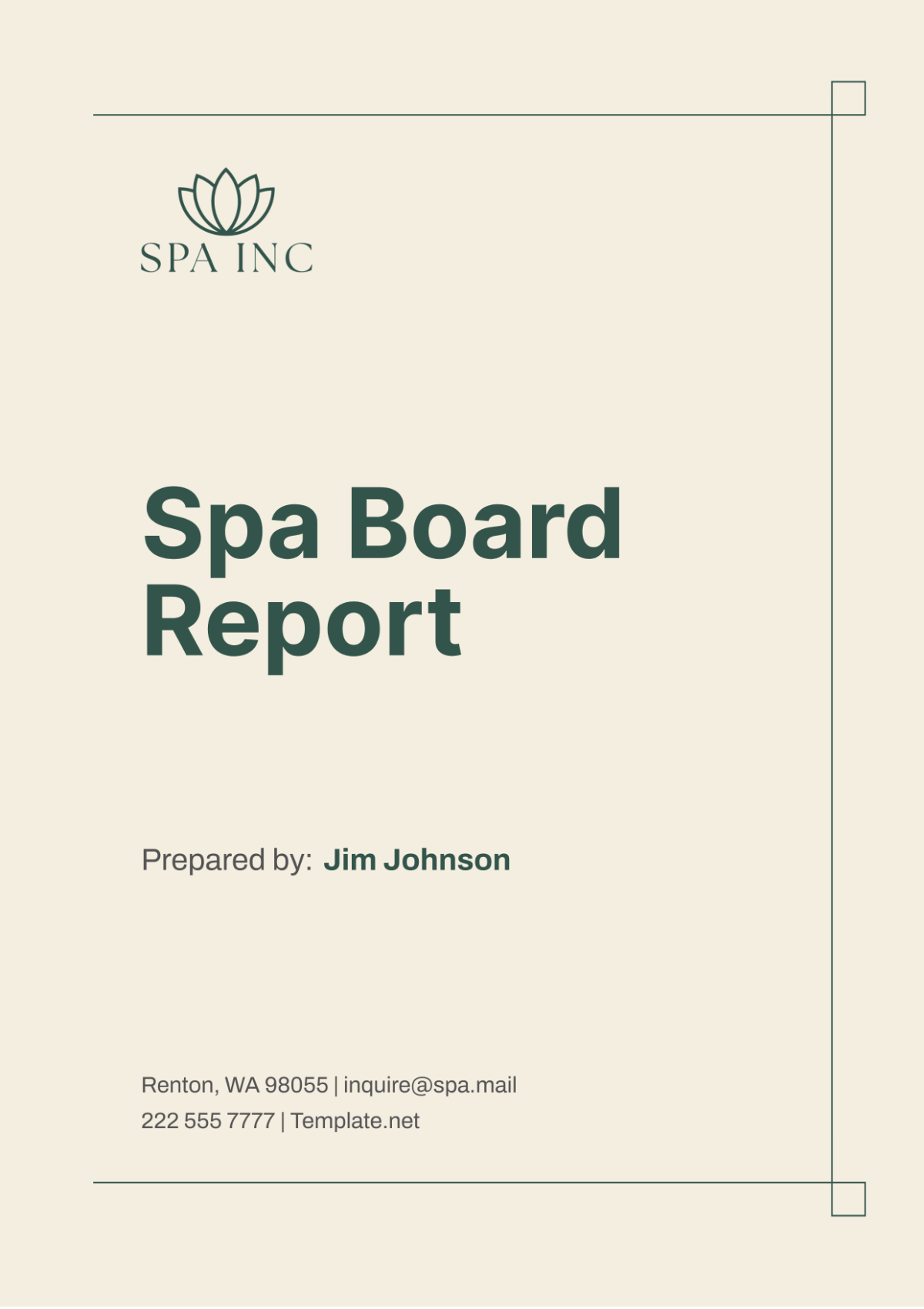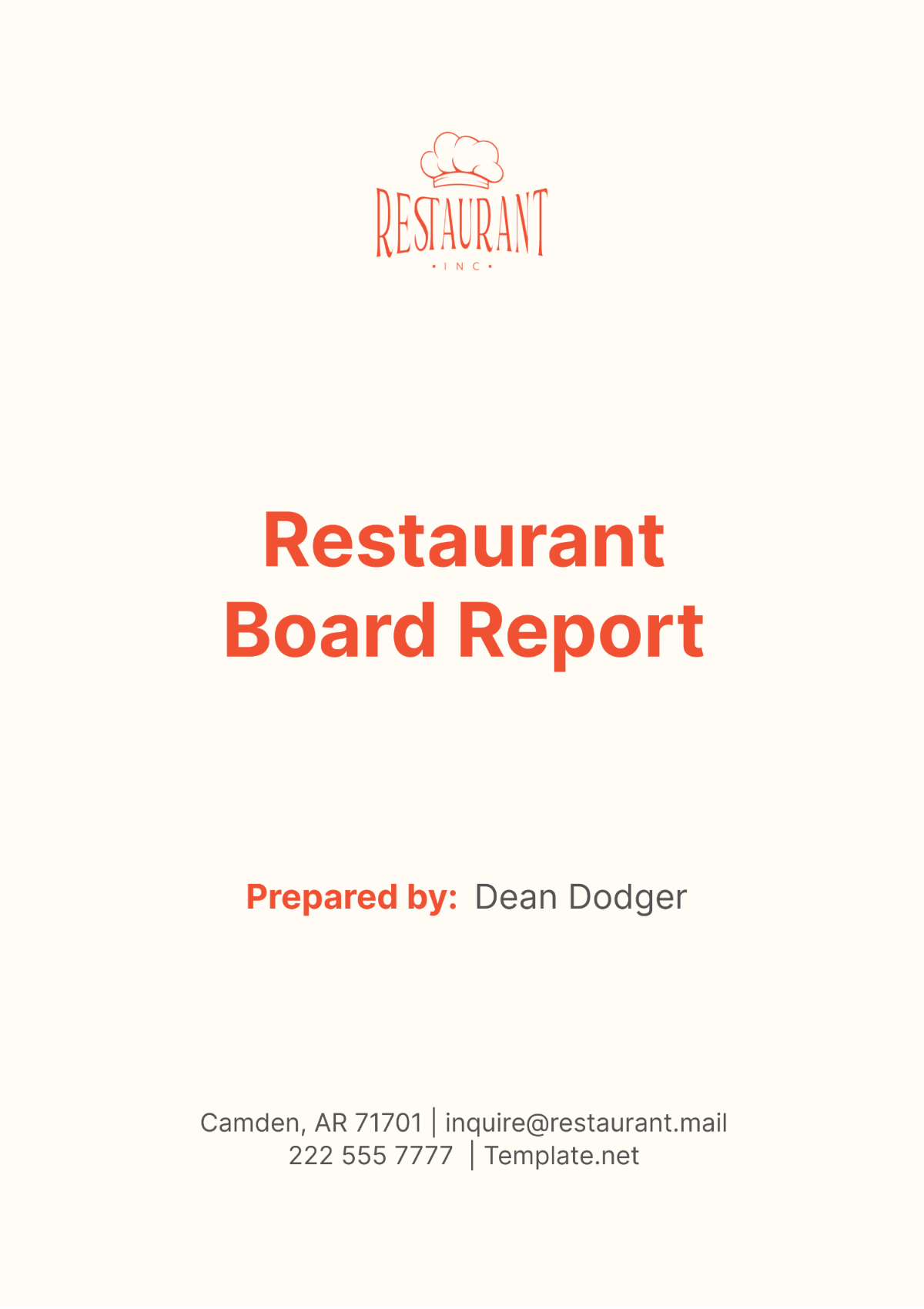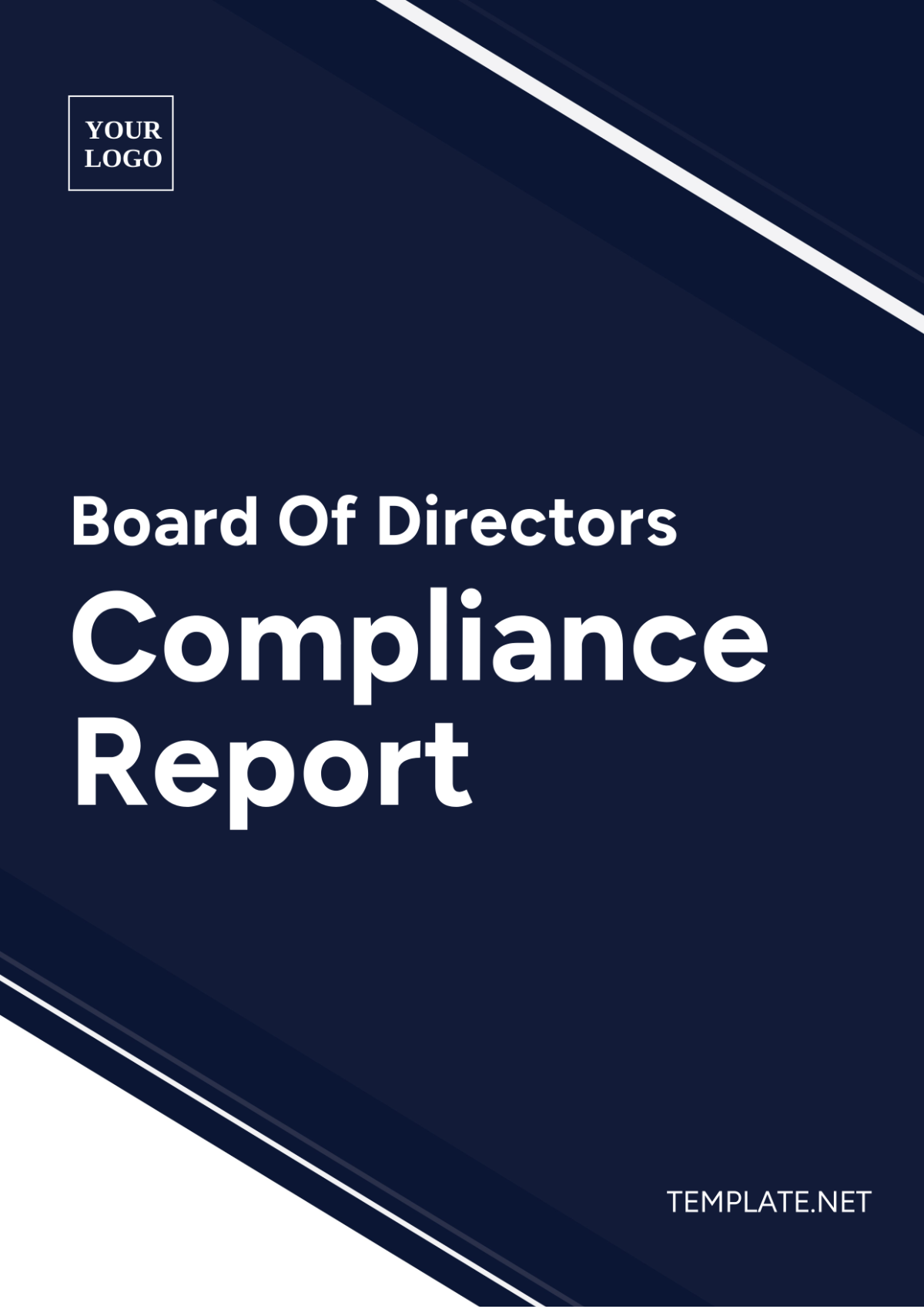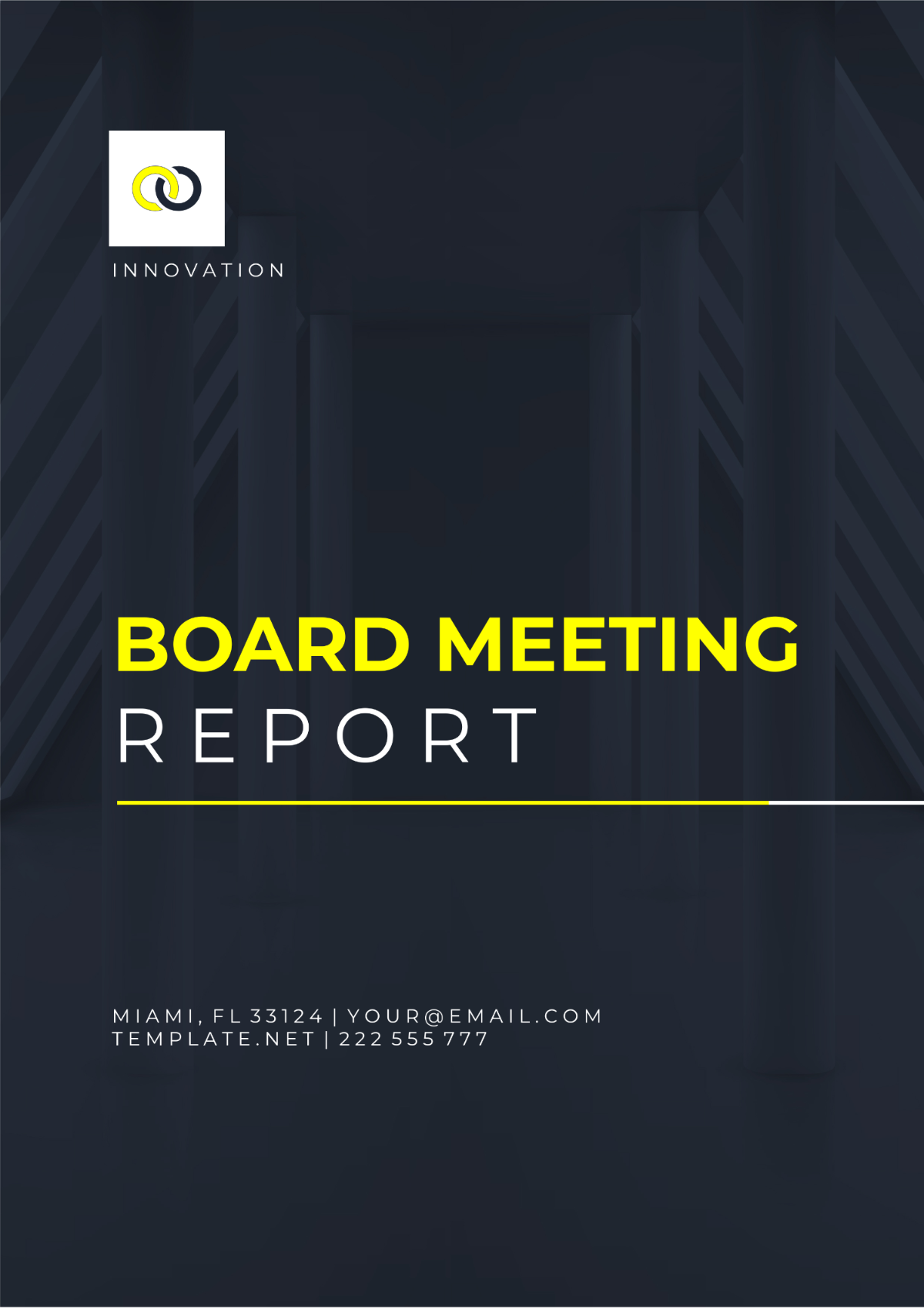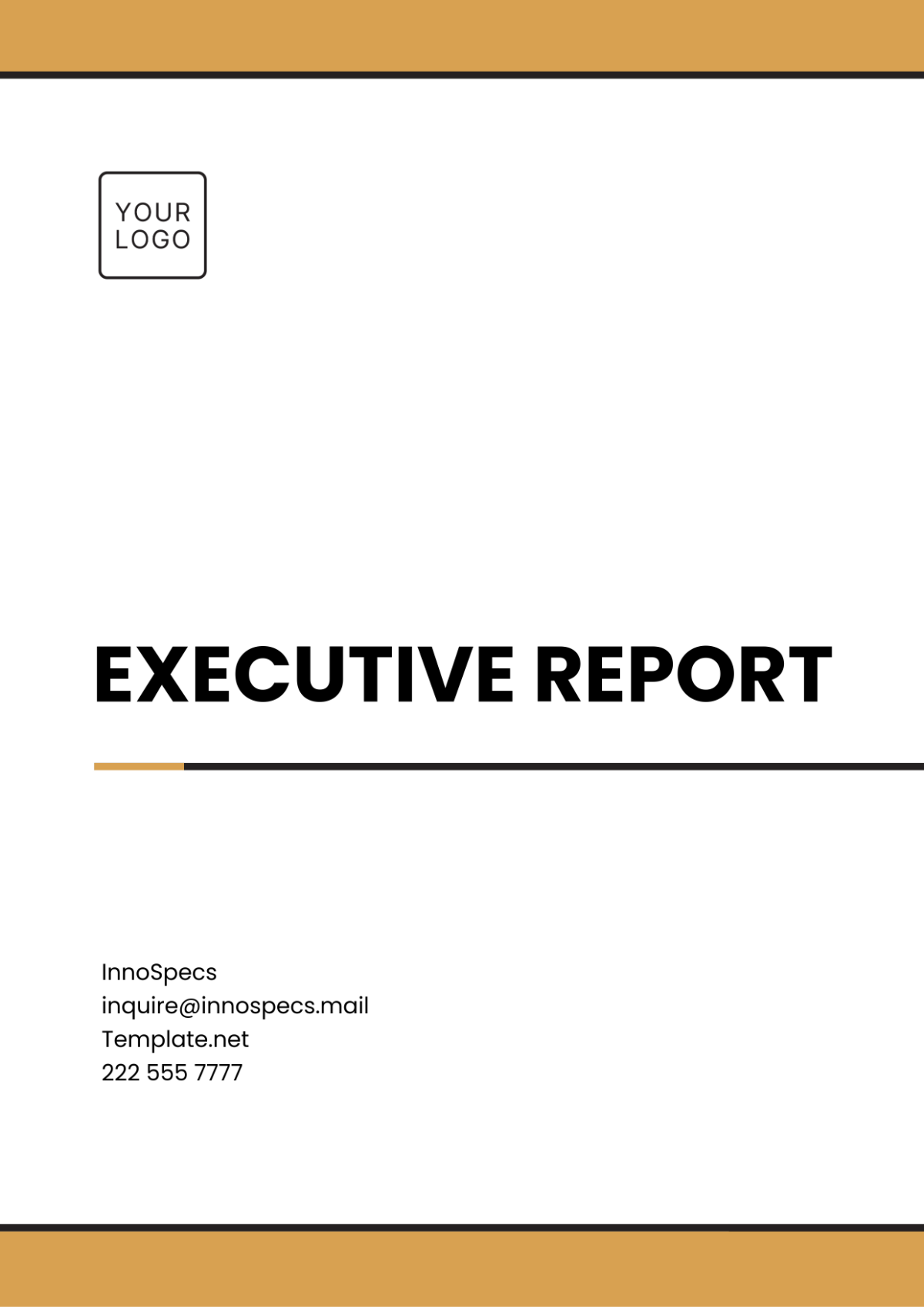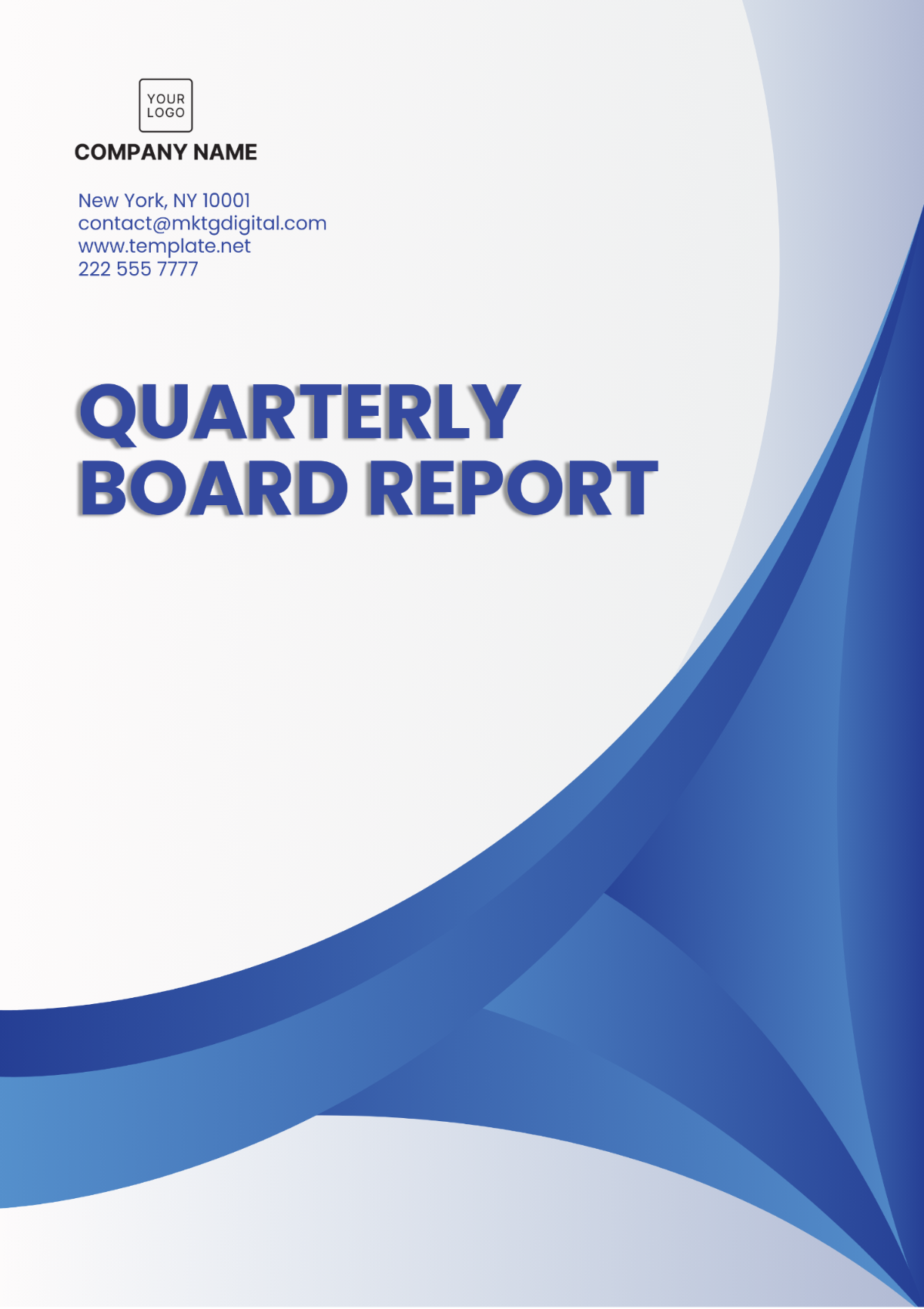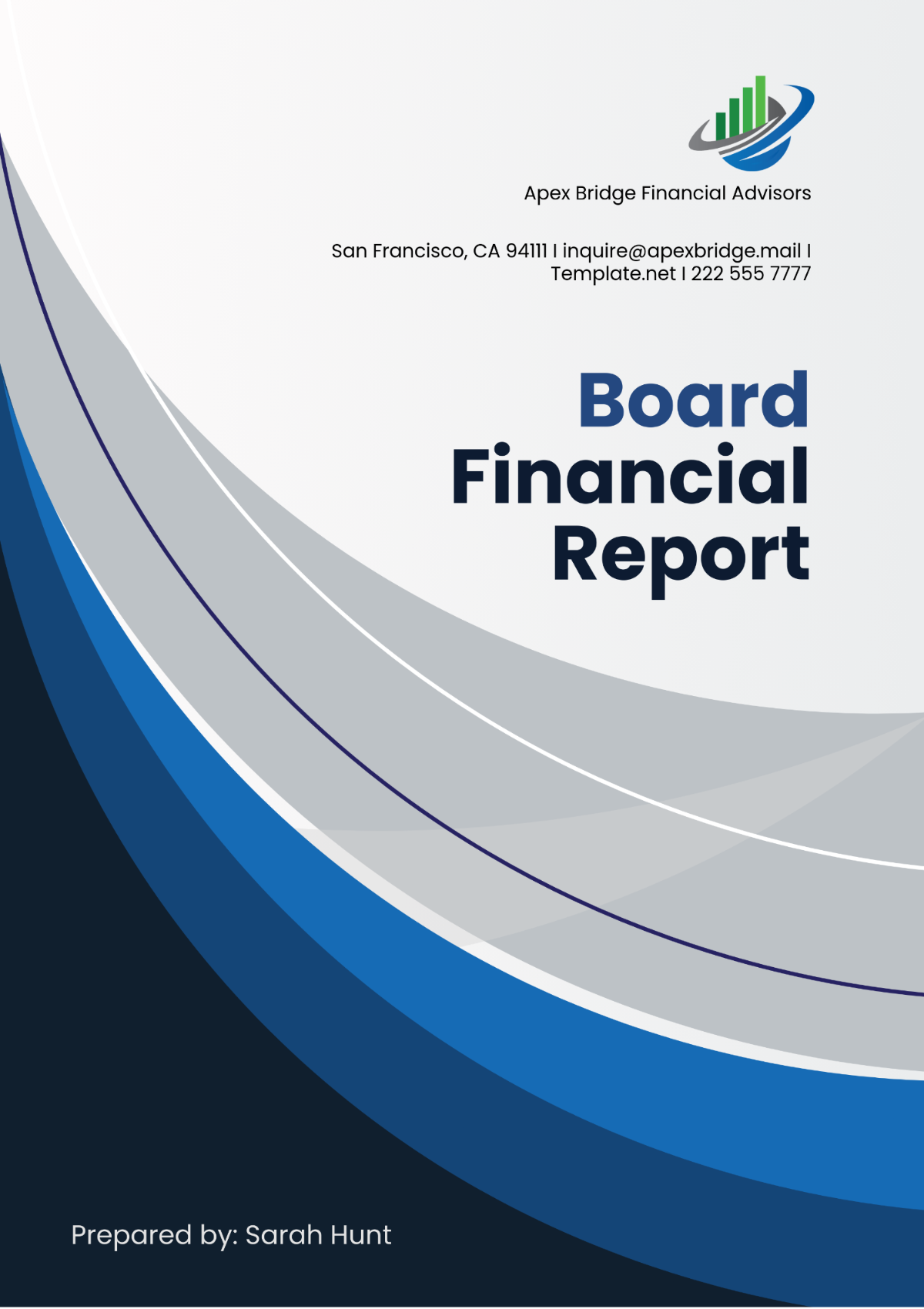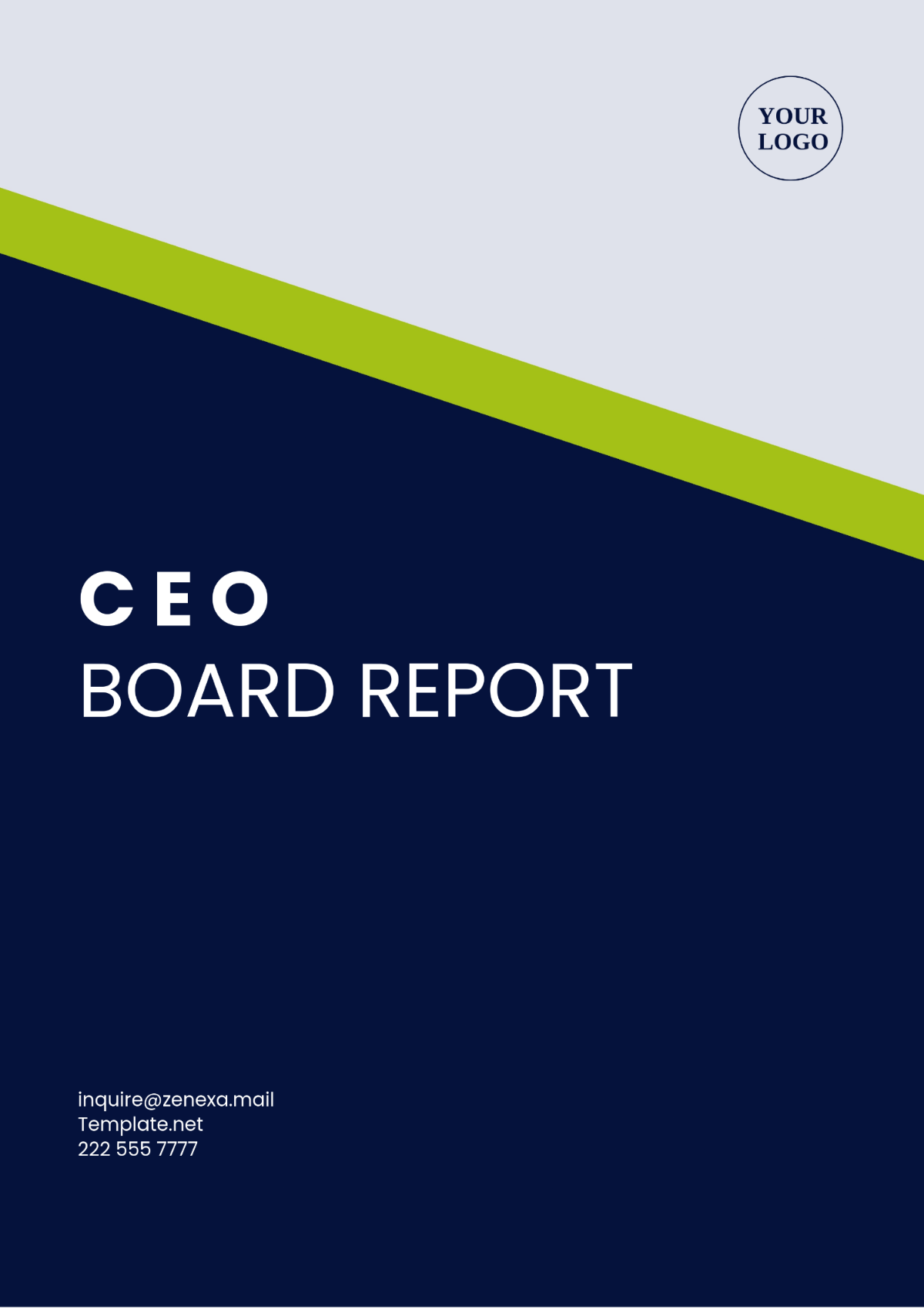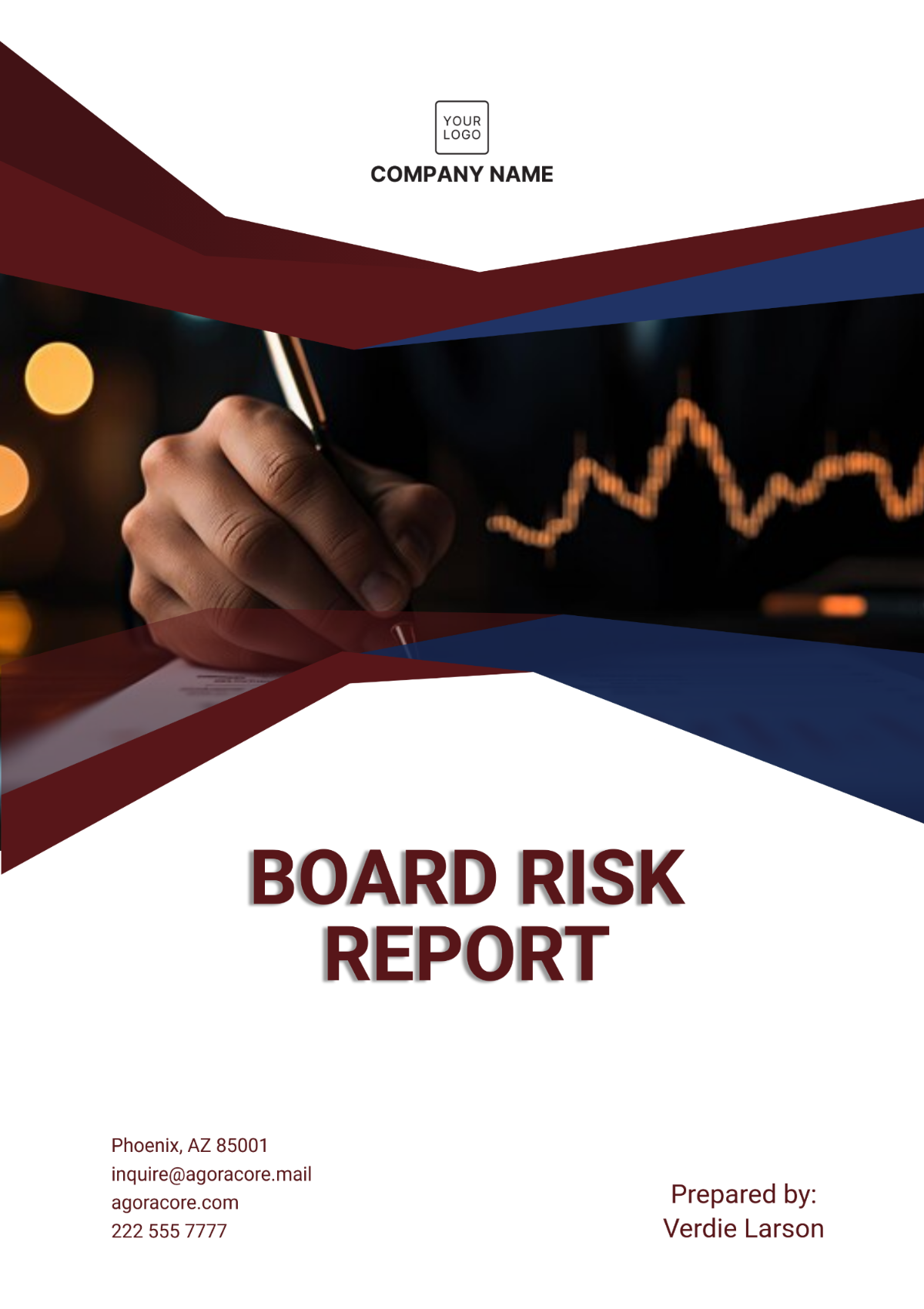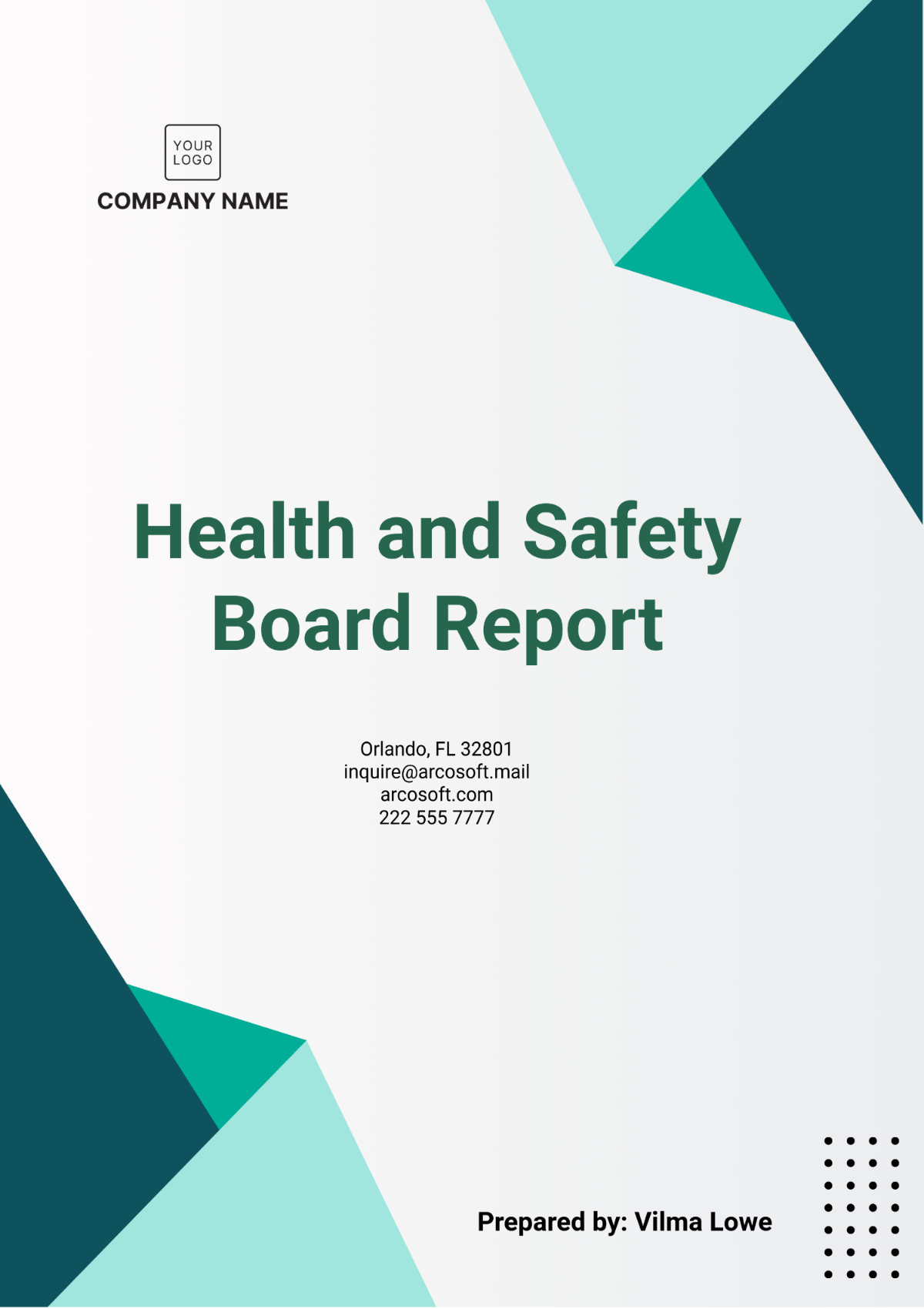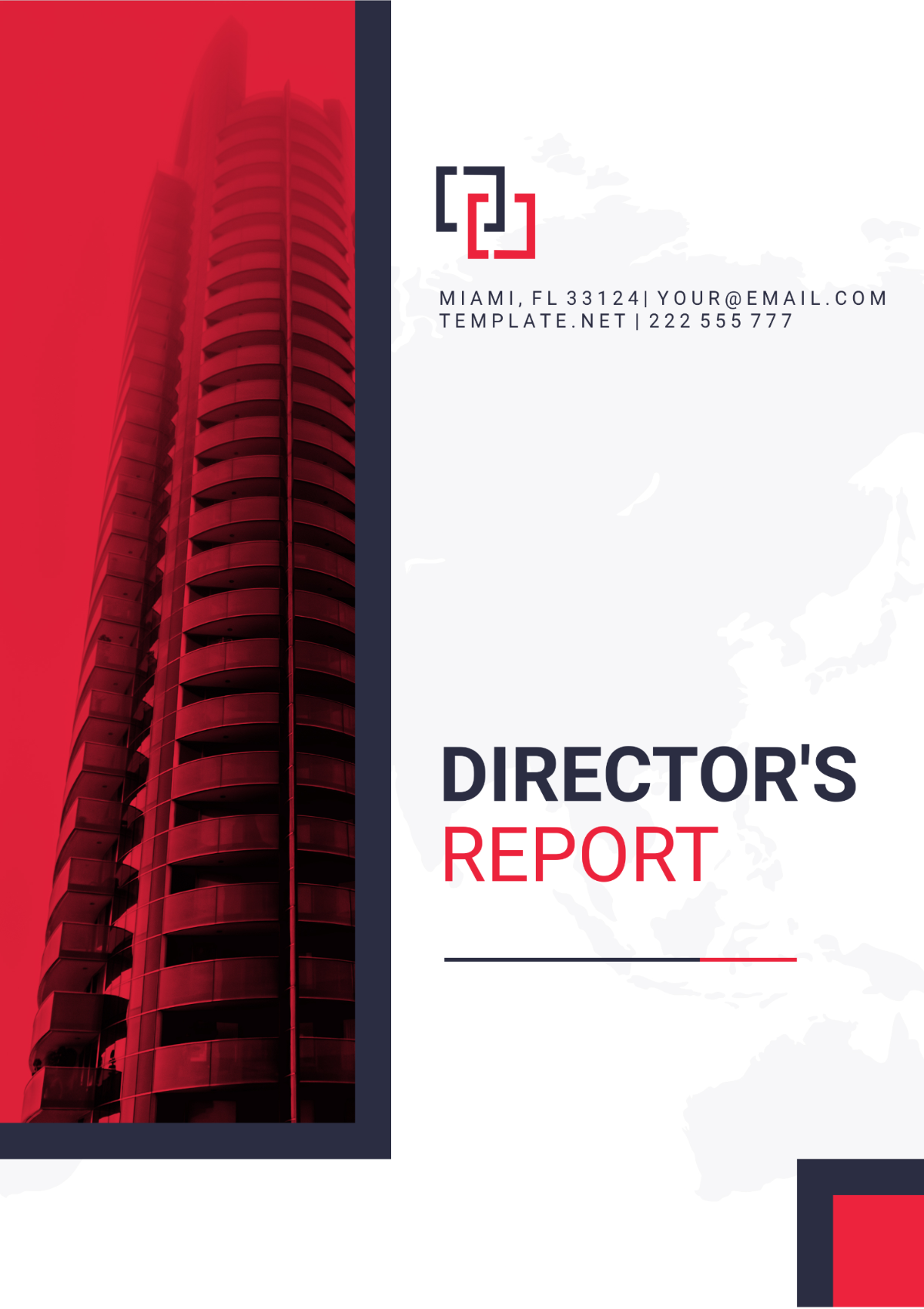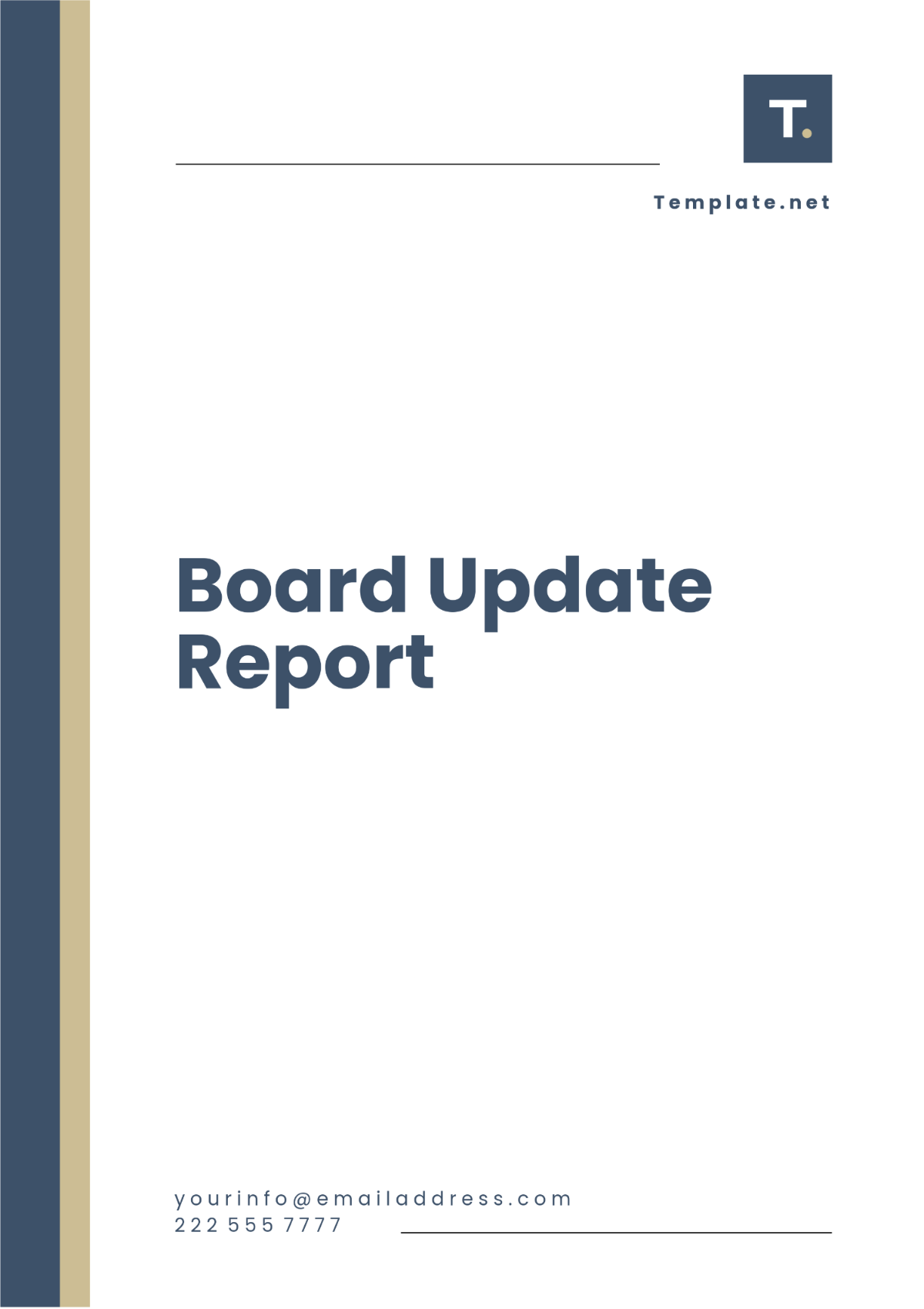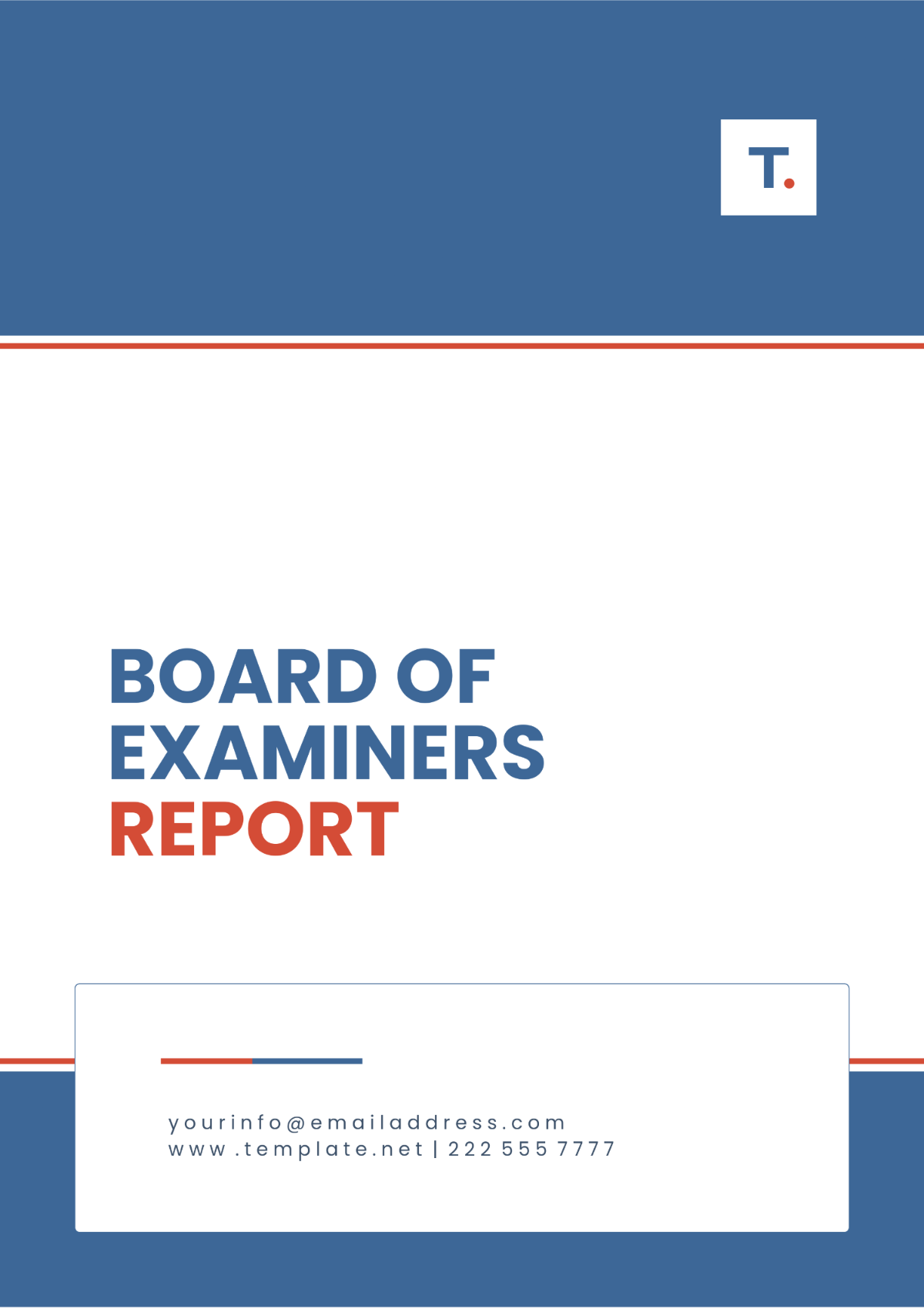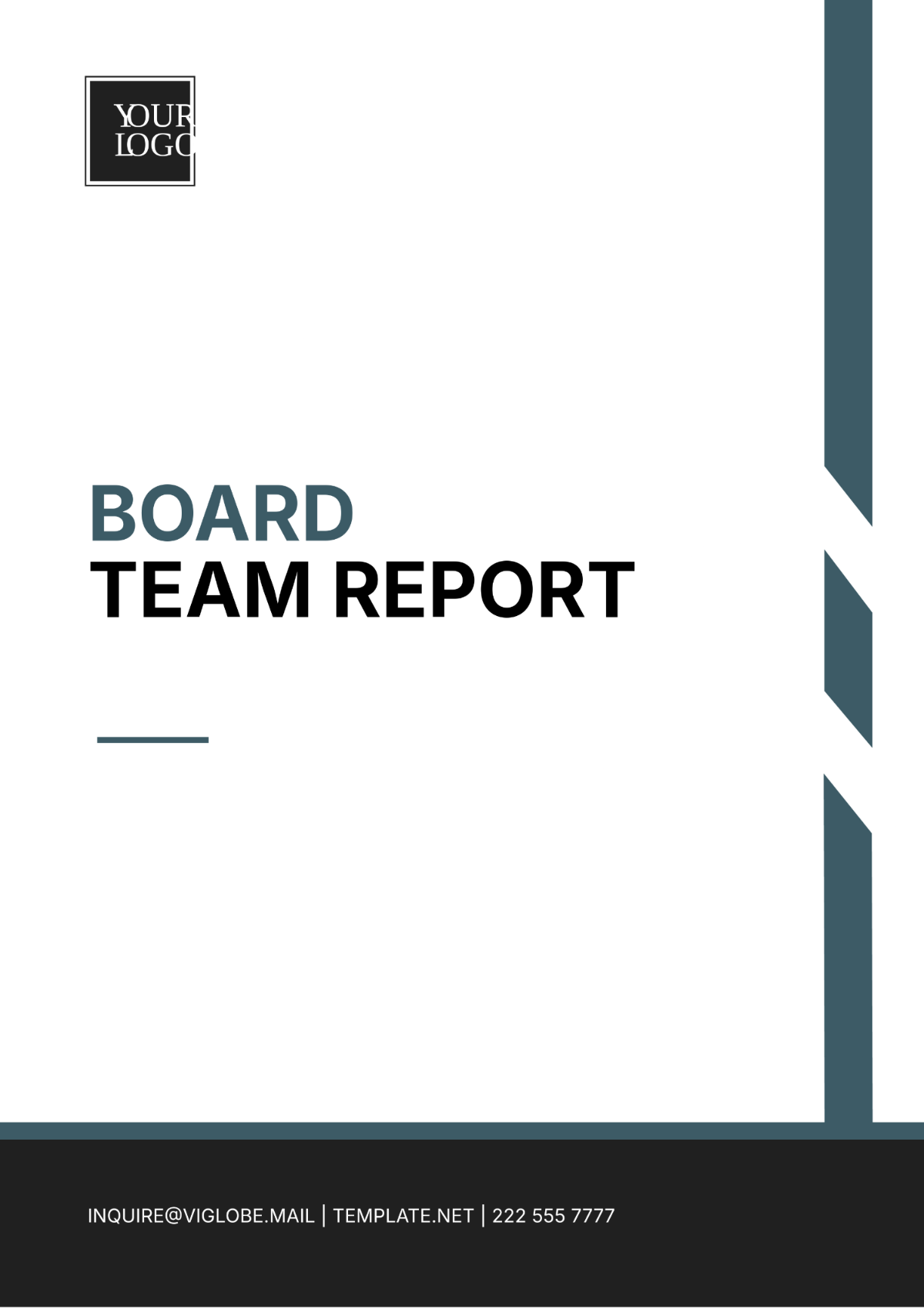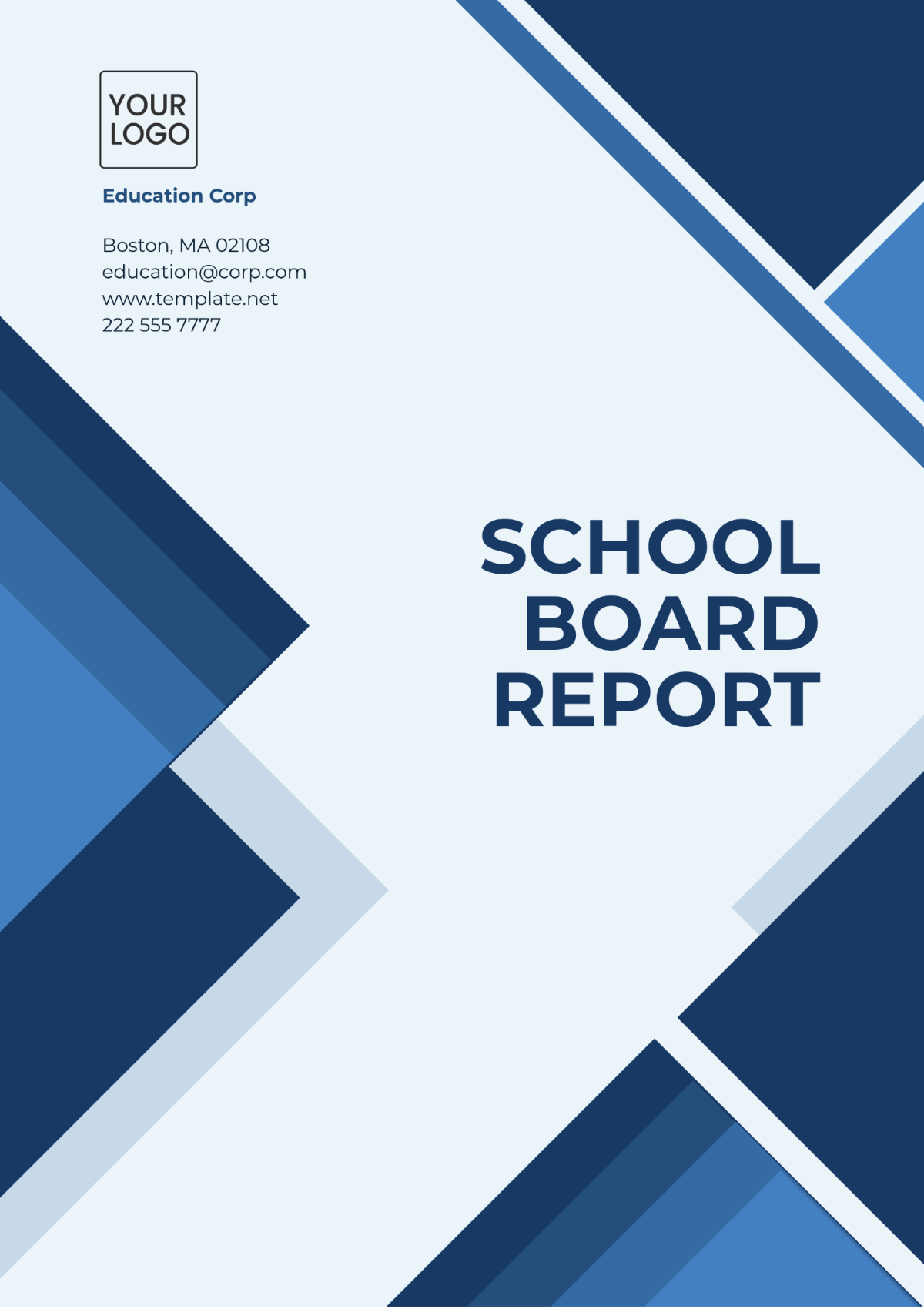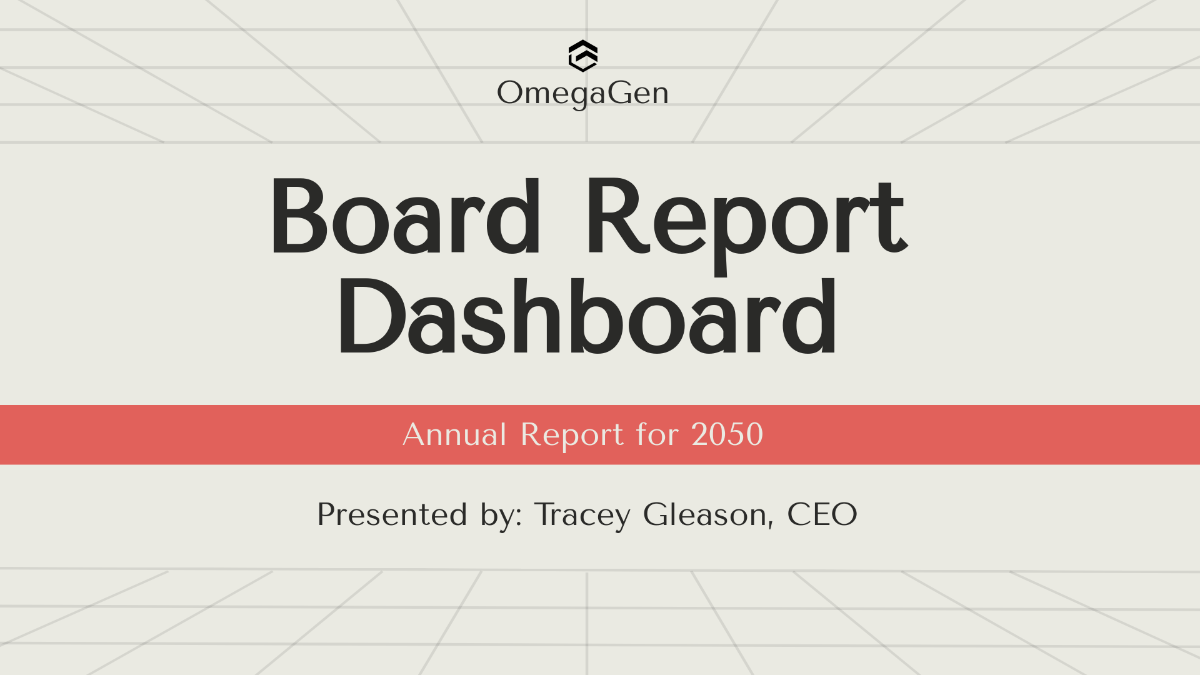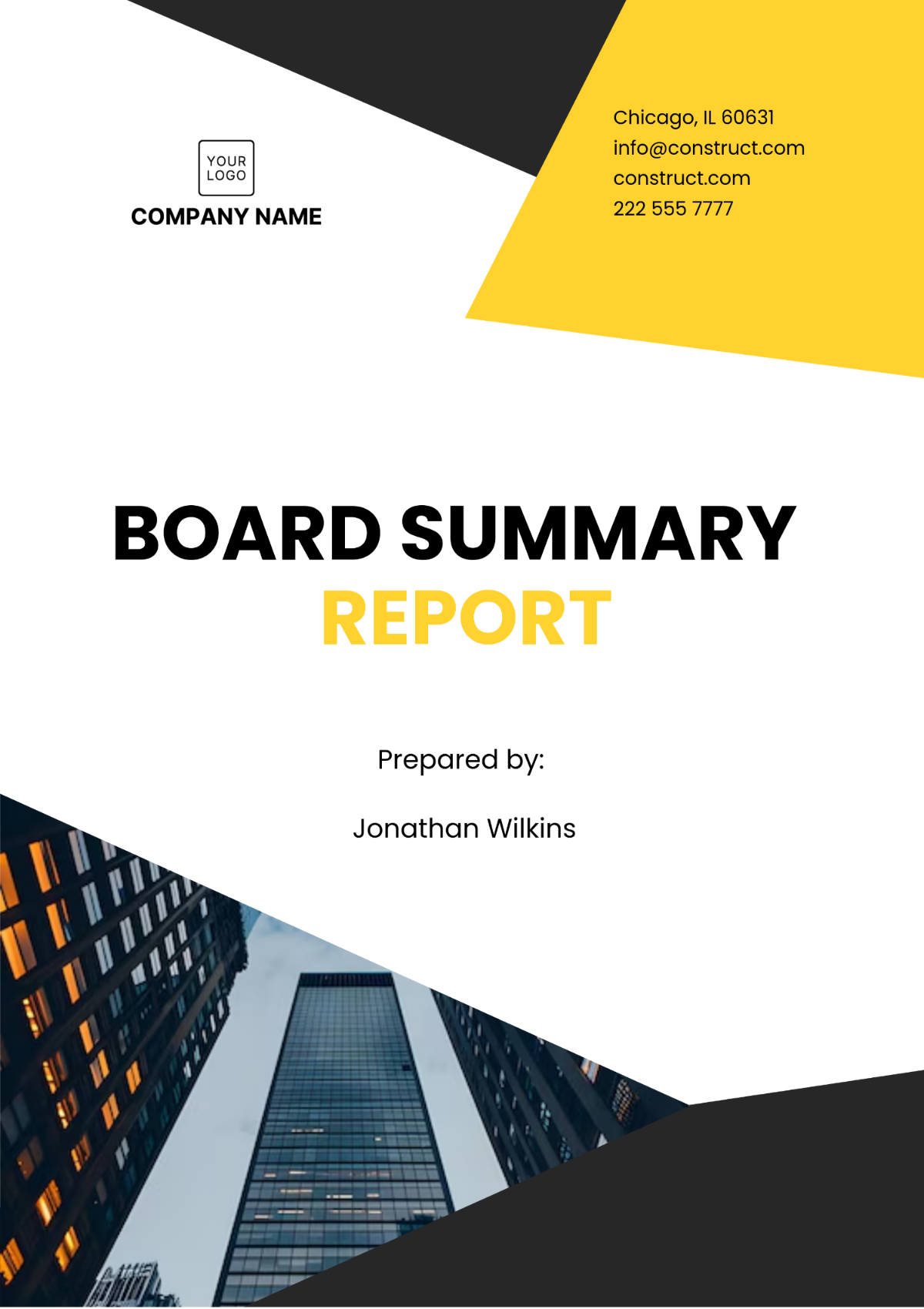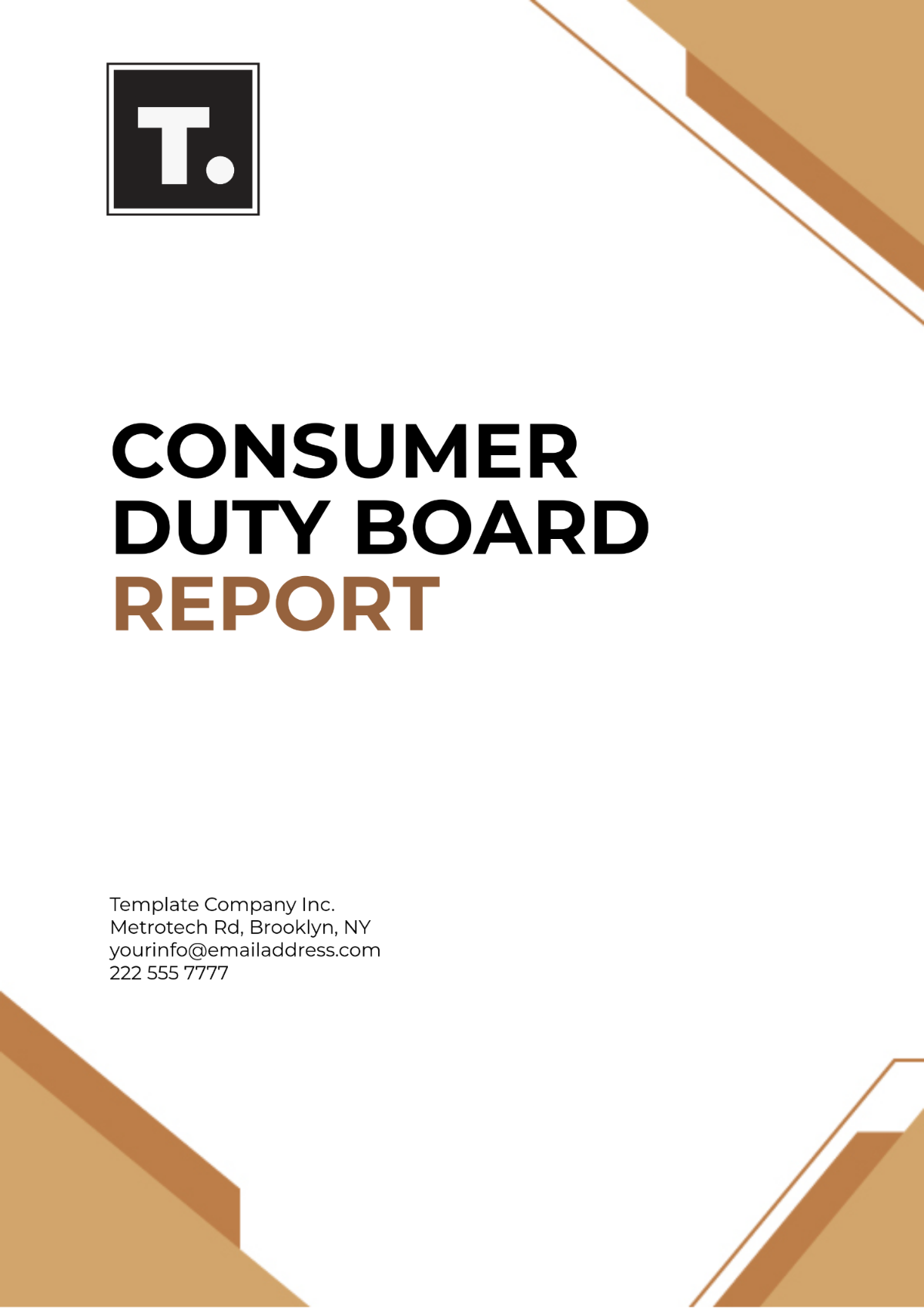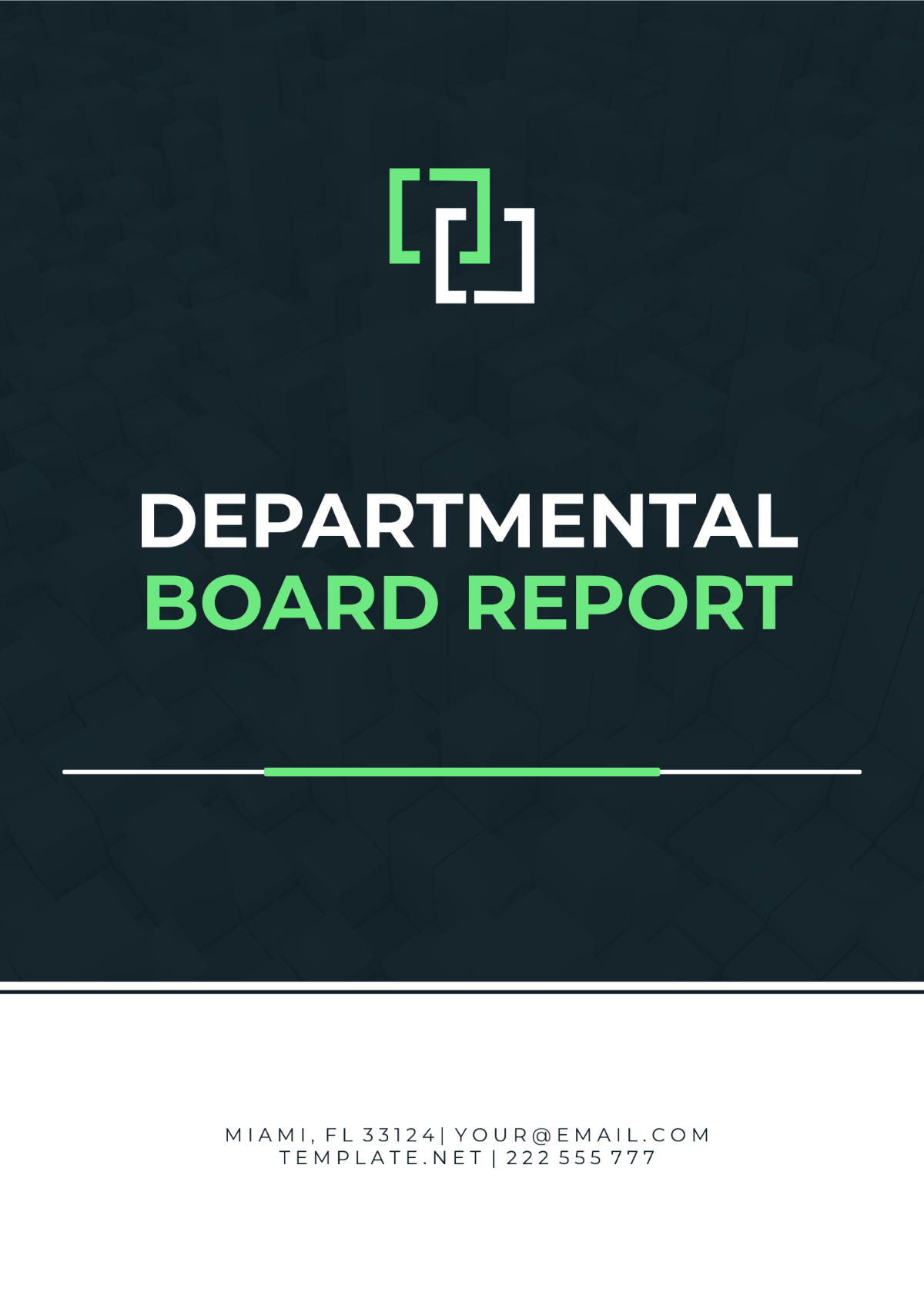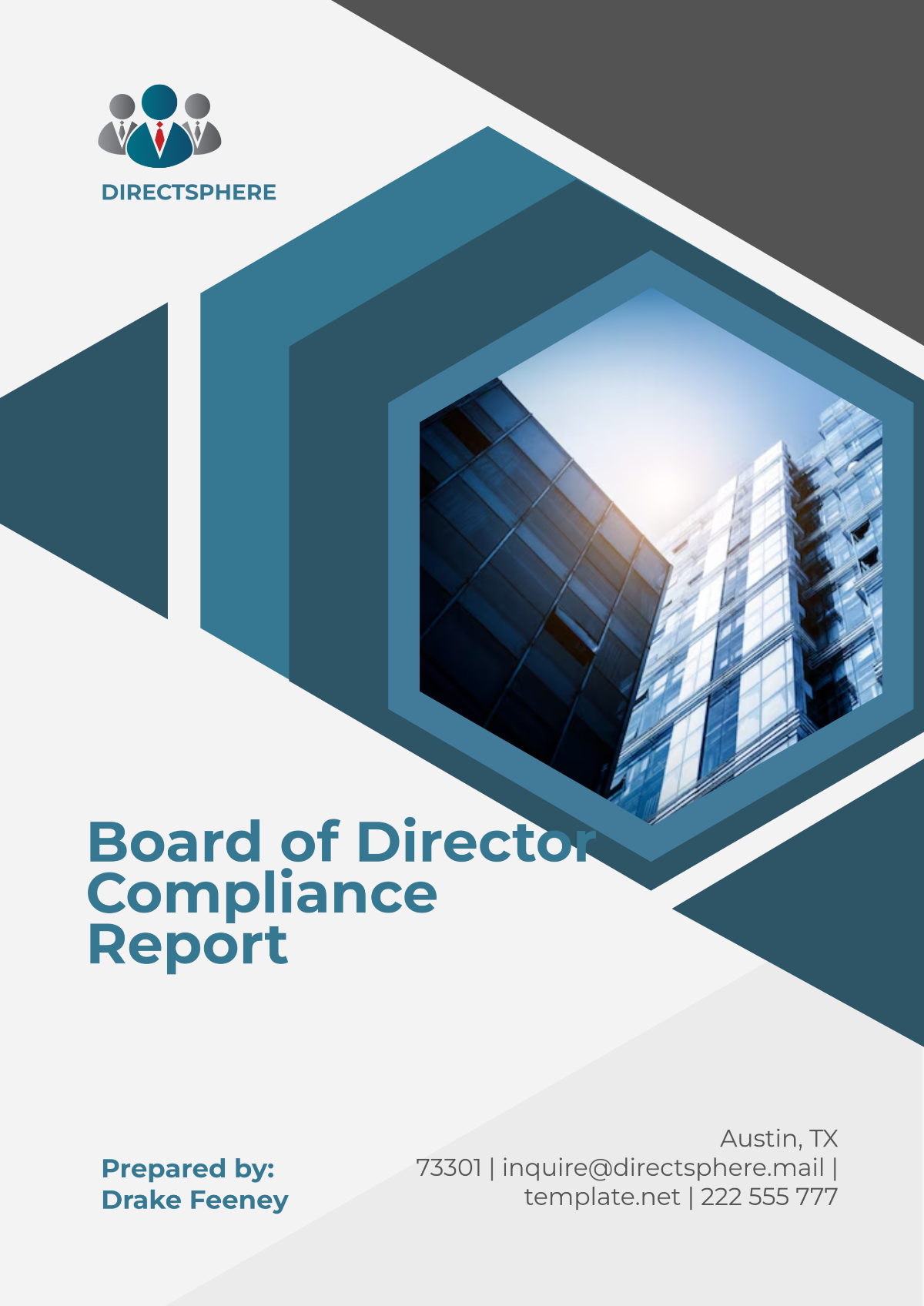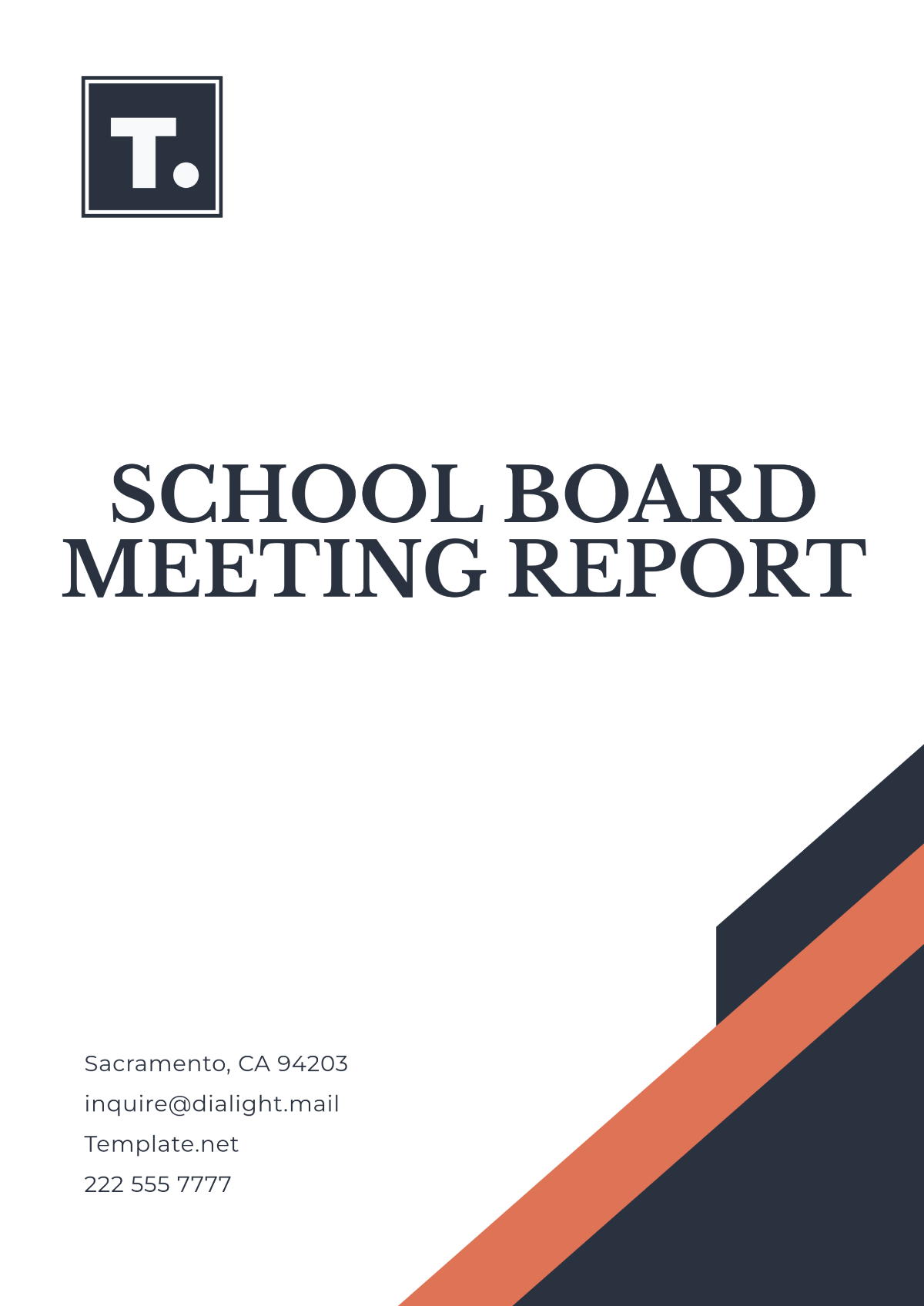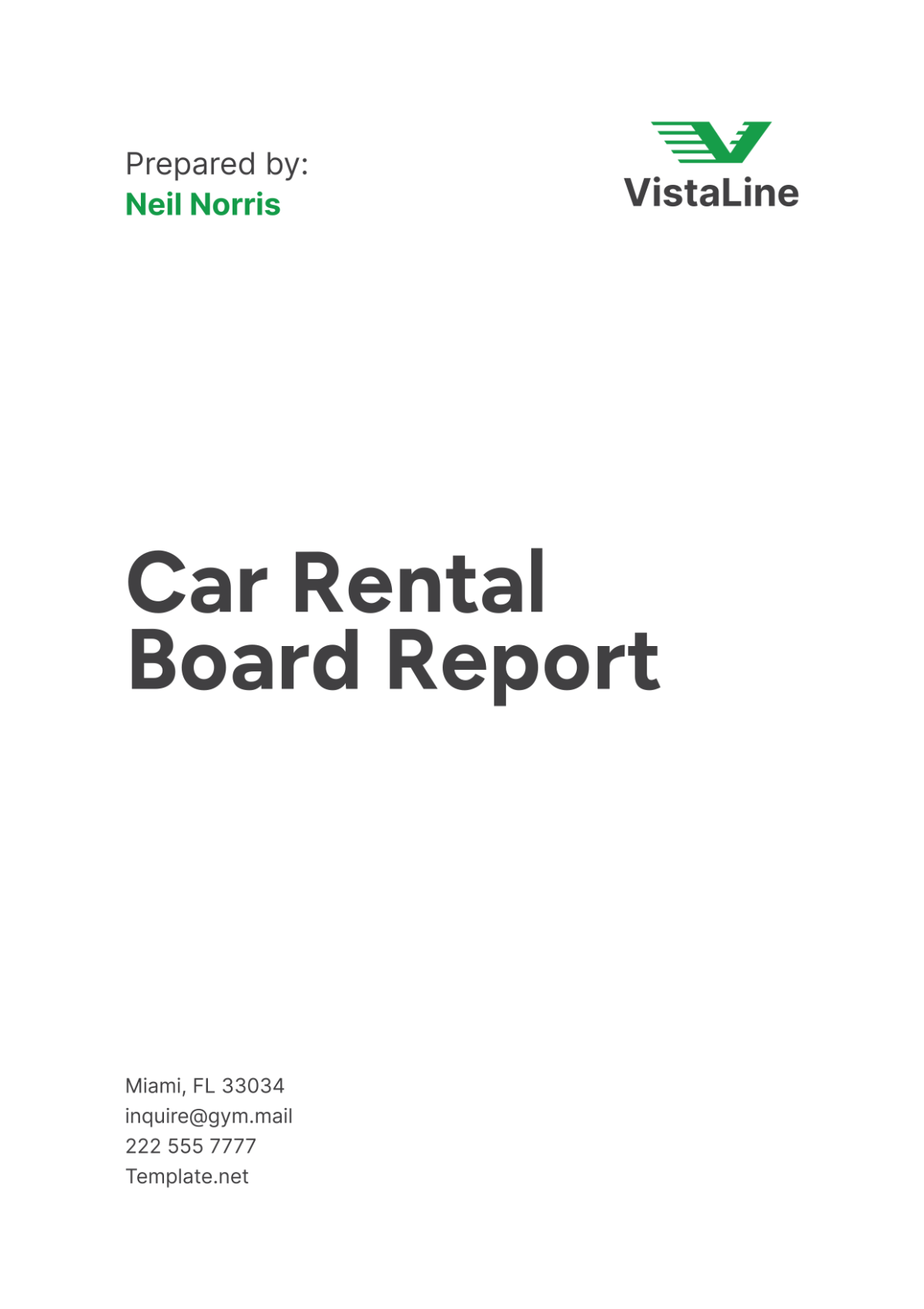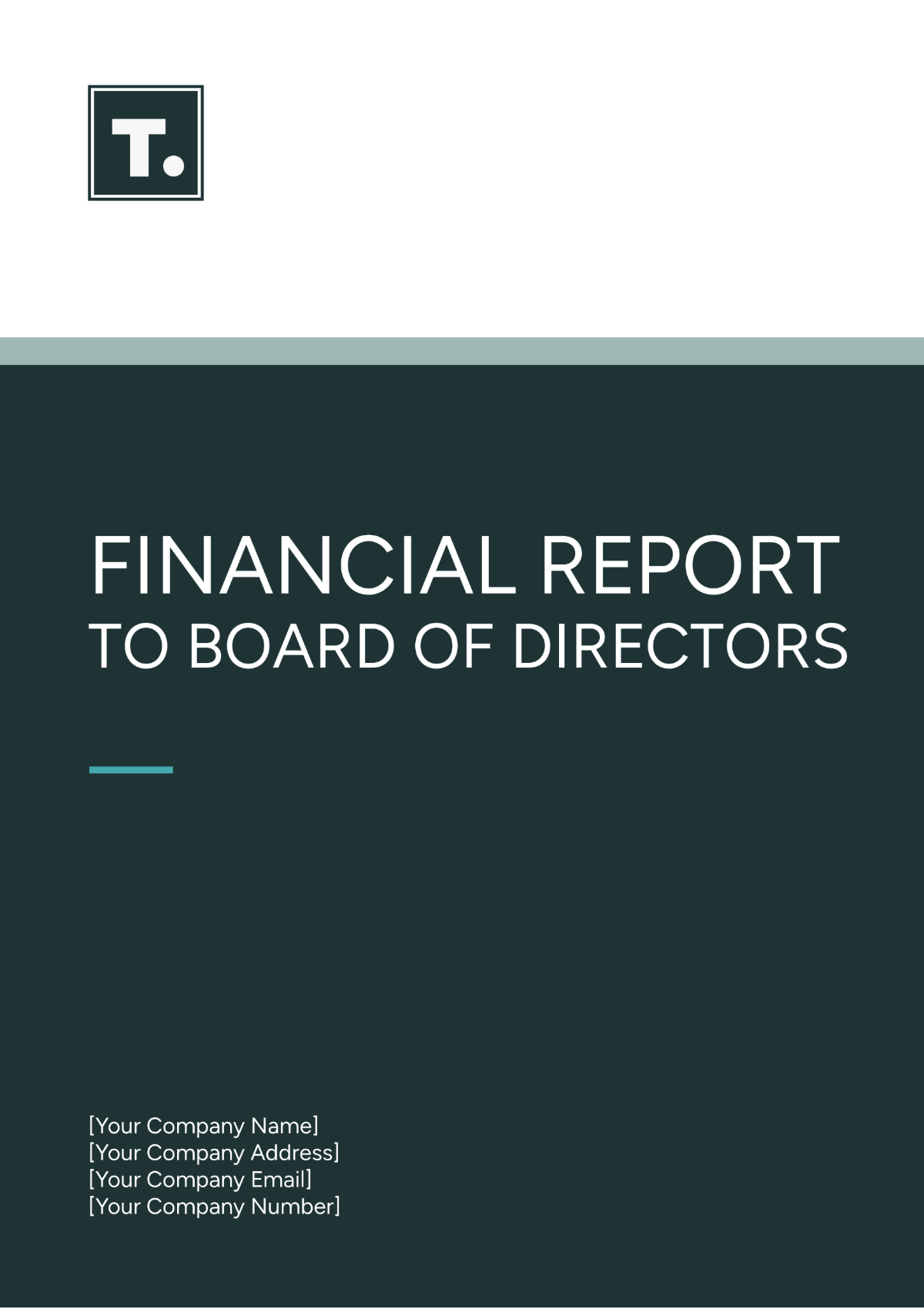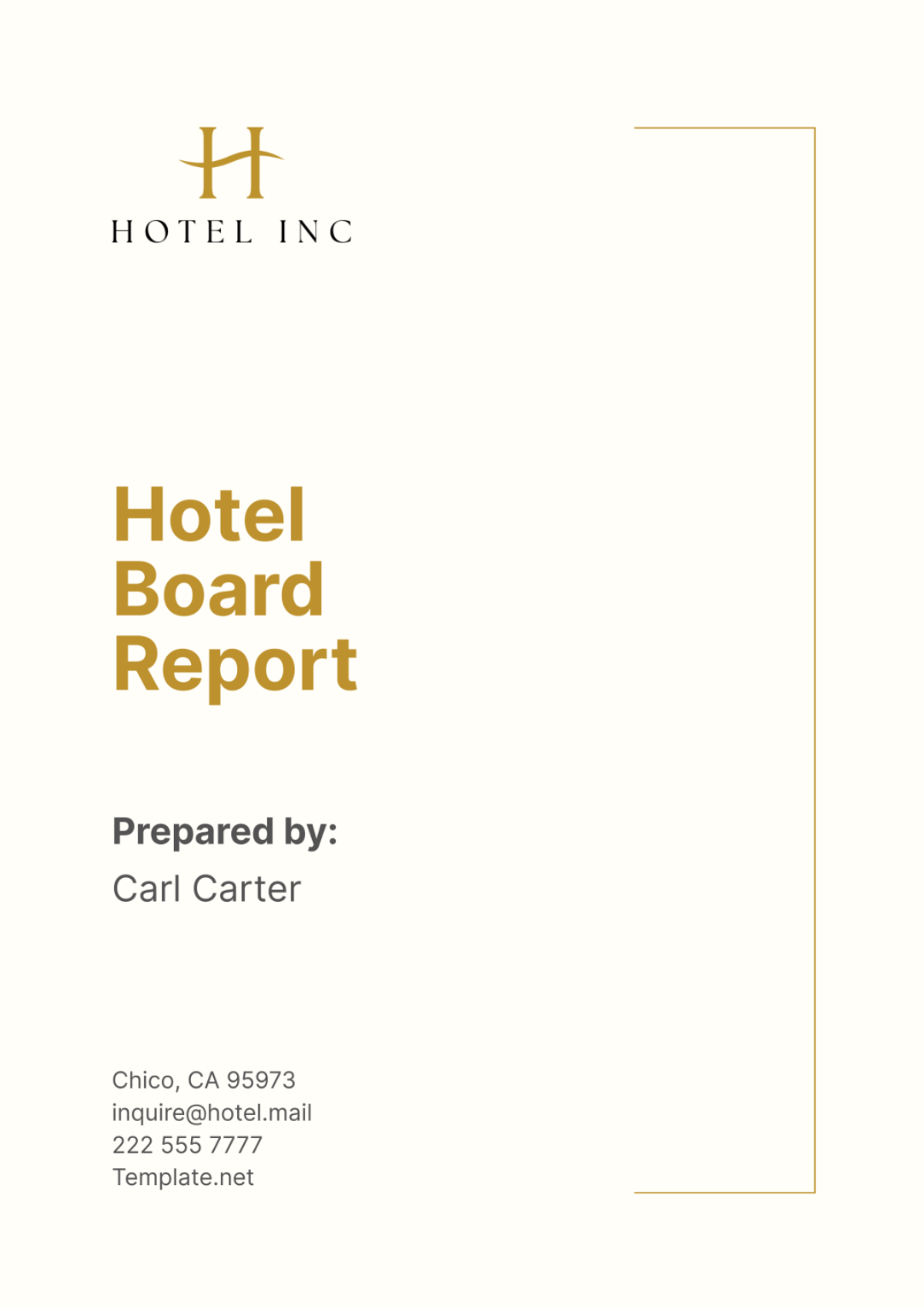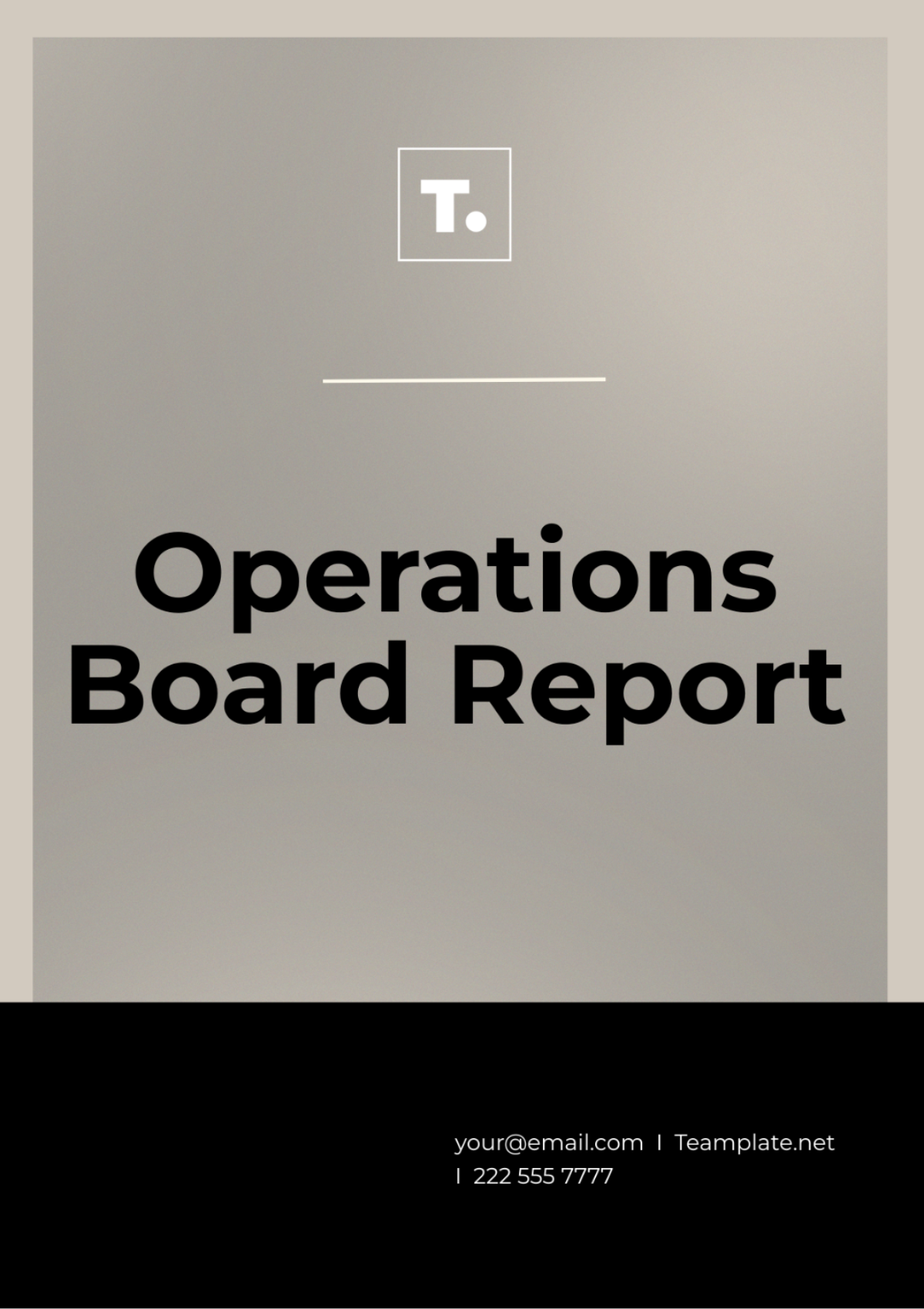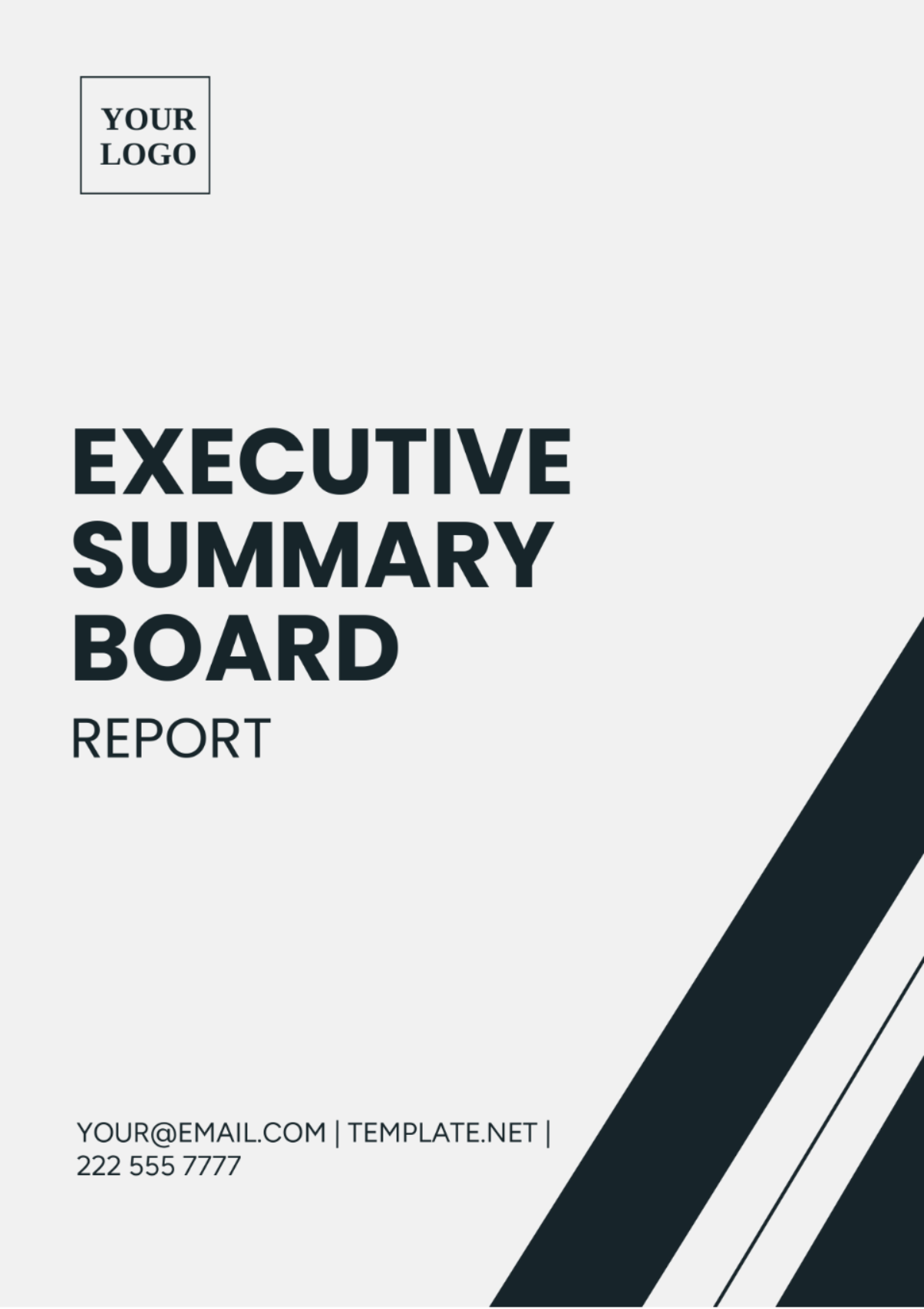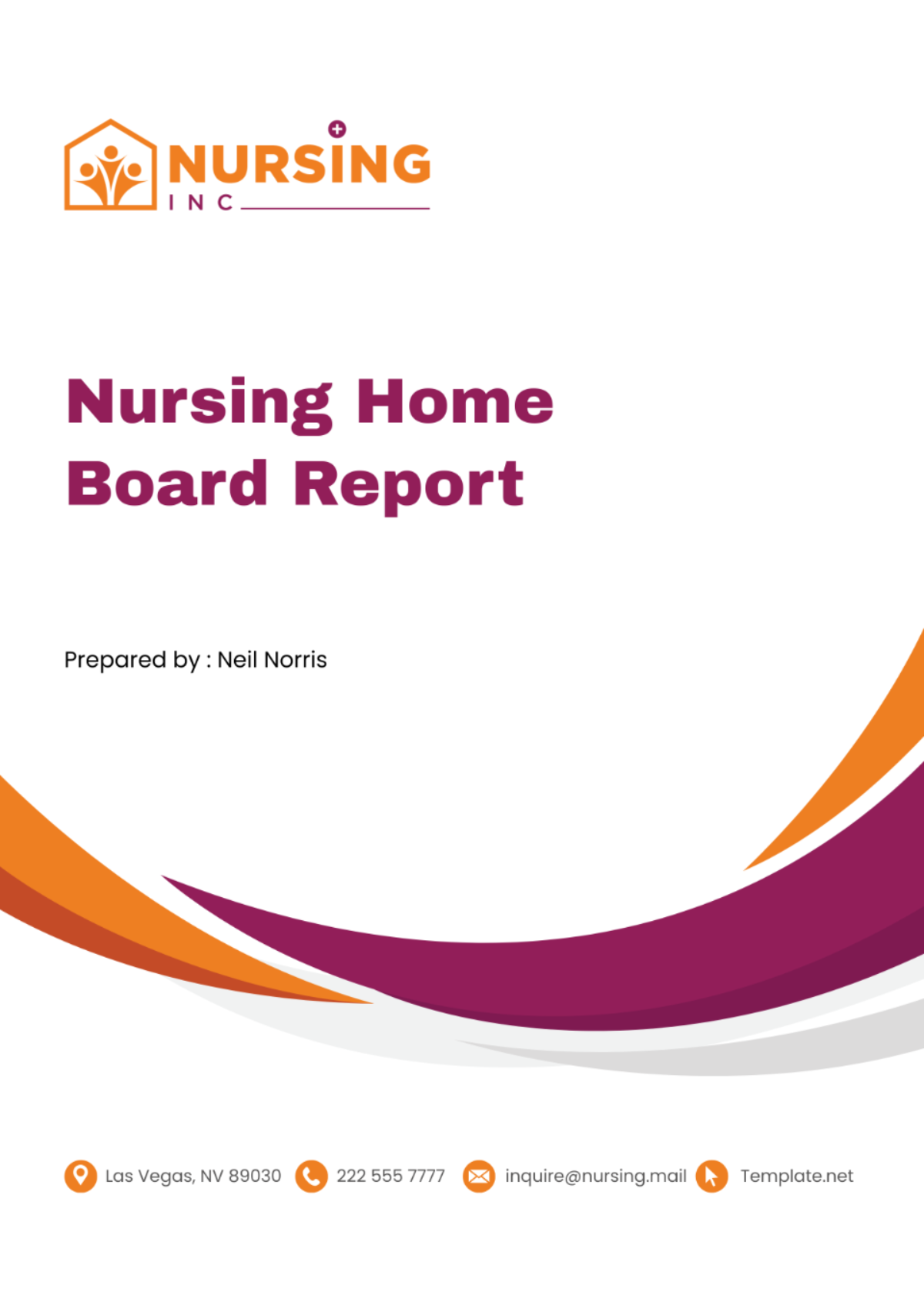Board Financial Report
I. Executive Summary
The Board Financial Report provides an in-depth analysis of [YOUR COMPANY NAME]'s financial performance over the past fiscal year. It includes detailed examinations of income statements, balance sheets, cash flow statements, and other relevant financial metrics. Key highlights from this period will also be discussed to guide strategic planning and informed decision-making.
II. Financial Performance Overview
1. Income Statement Analysis
The income statement reflects the company's revenues, expenses, and profits over the fiscal year. A detailed analysis identifies key trends in revenue generation and expense management.
Category | FY 2052 | FY 2053 |
|---|---|---|
Total Revenue | $10,000,000 | $12,000,000 |
Cost of Goods Sold | $4,000,000 | $5,000,000 |
Net Profit | $3,000,000 | $3,500,000 |
2. Balance Sheet Synopsis
The balance sheet provides a snapshot of the company's financial situation, detailing assets, liabilities, and shareholders' equity for the fiscal year.
Assets | FY 2052 | FY 2053 |
|---|---|---|
Current Assets | $5,000,000 | $5,500,000 |
Long-term Assets | $7,000,000 | $8,000,000 |
Liabilities | FY 2052 | FY 2053 |
Current Liabilities | $2,000,000 | $2,500,000 |
Long-term Liabilities | $3,000,000 | $3,500,000 |
III. Cash Flow Analysis
1. Operating Activities
Cash flow from operating activities outlines the cash-generated operations of the company, indicating the efficiency of the core business operations.
Net cash provided by operating activities increased by 15% compared to the previous year.
Improvement driven by higher sales volumes and better accounts receivable management.
2. Investing Activities
Investing activities cover transactions for the acquisition and disposal of long-term assets. Recent investments indicate a proactive approach to expansion and technological upgrade.
Significant investment in new technology platforms expected to improve process efficiencies.
Acquisition of new equipment valued at $1.2 million, enhancing production capacity.
3. Financing Activities
Cash flow from financing activities encompasses transactions affecting debt and equity, outlining changes in the company's financial structure.
Repayment of long-term debts amounted to $500,000, reducing interest burdens by $50,000 annually.
No new shares were issued during the fiscal year, maintaining the current shareholder structure.
IV. Risk Factors and Mitigation Strategies
1. Market Risks
Increased competition and changing economic conditions pose significant market risks. To address these, strategic pricing and market diversification strategies have been implemented.
2. Operational Risks
Operational risks have been mitigated through robust supply chain management and an investment in process automation, reducing potential disruptions.
Implementation of a multi-supplier strategy to ensure availability of critical raw materials.
Enhancement of cybersecurity measures to protect data and operational integrity.
V. Future Outlook
Looking ahead, [YOUR COMPANY NAME] aims to focus on sustainable growth through innovation and strategic partnerships. Continued efforts on cost optimization and market share expansion are expected to yield positive financial outcomes.
Management's proactive measures in addressing market and operational challenges will likely support steady growth and facilitate the achievement of long-term financial objectives.
